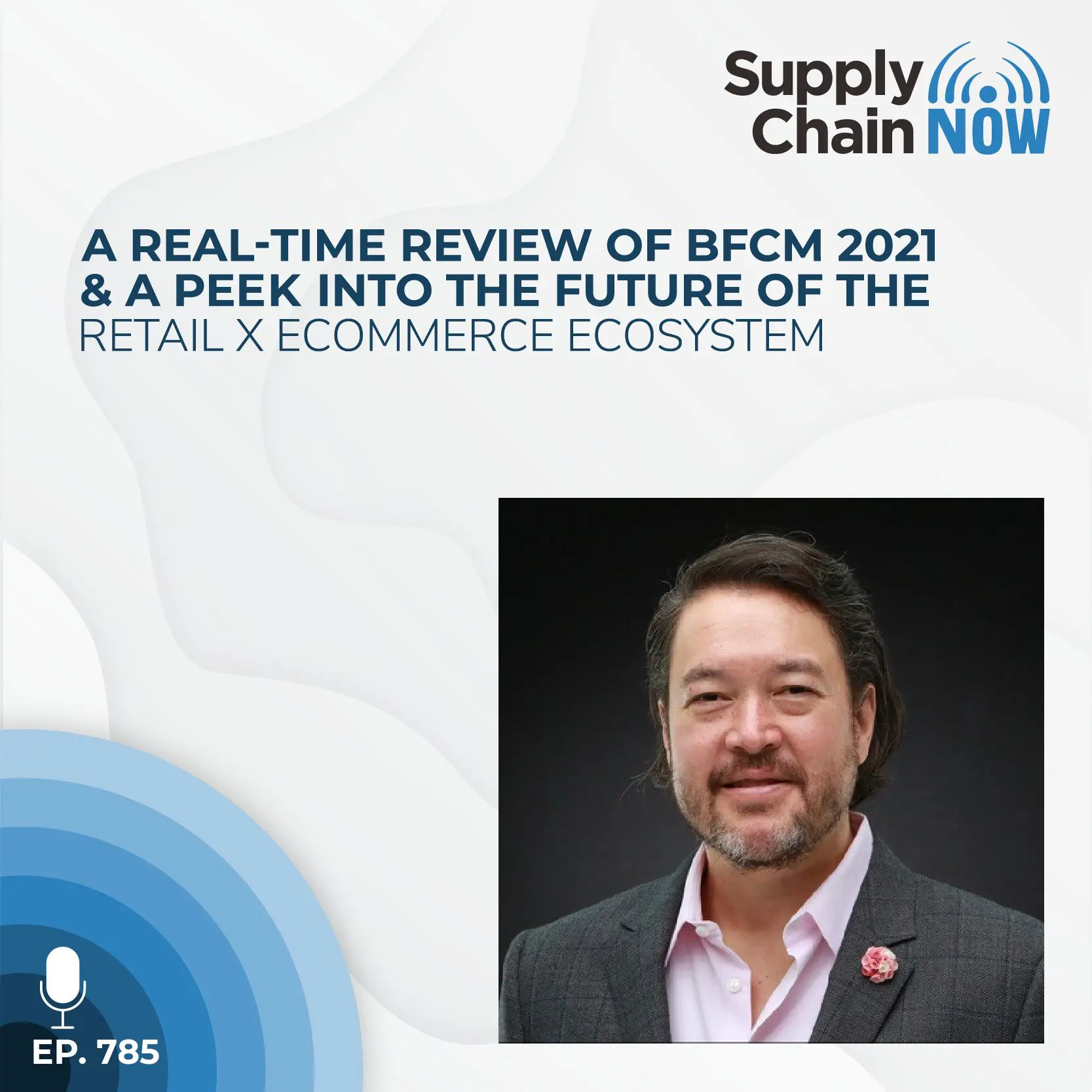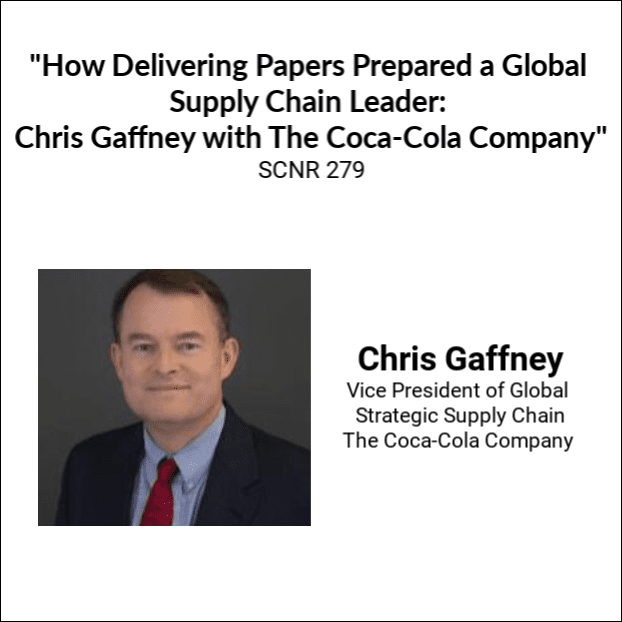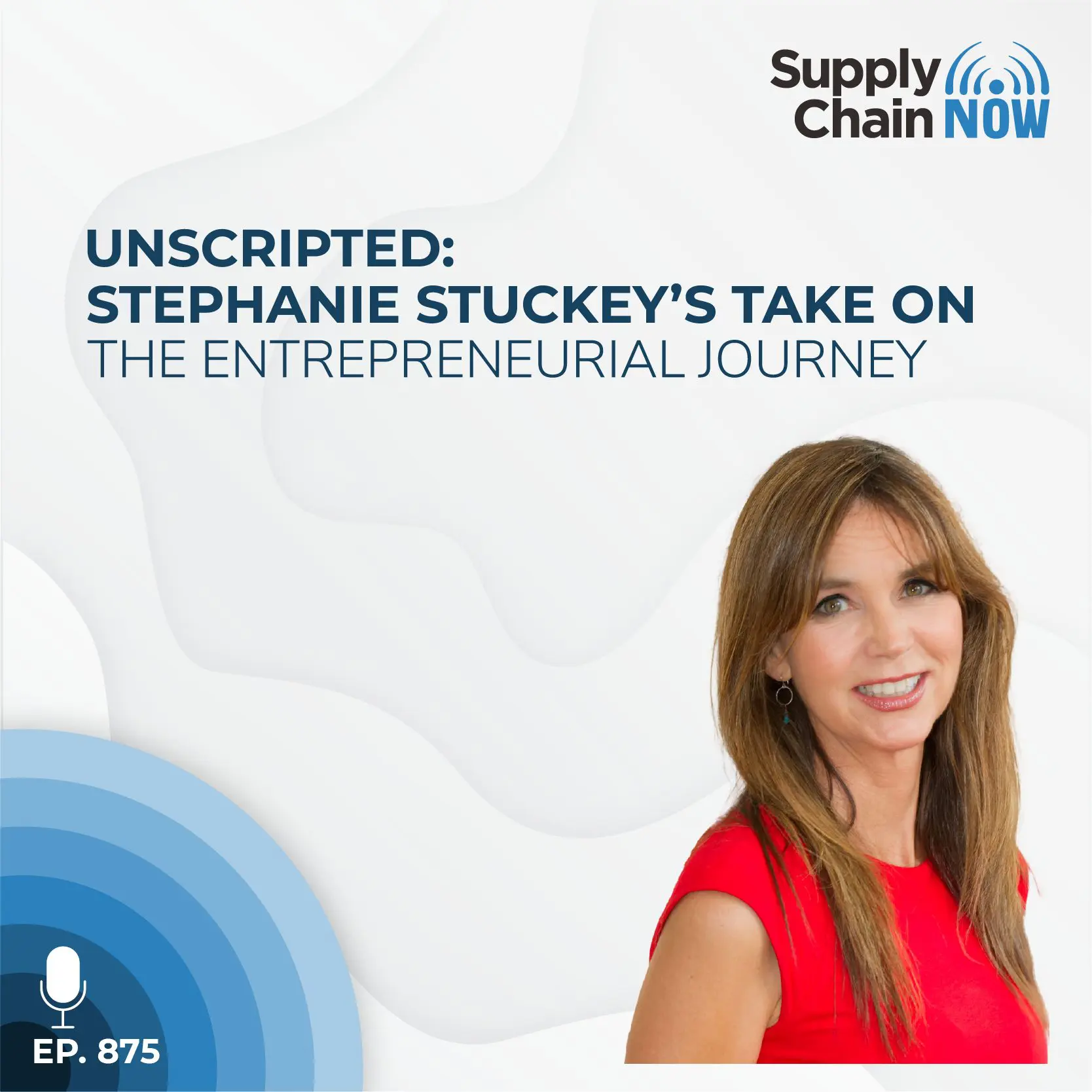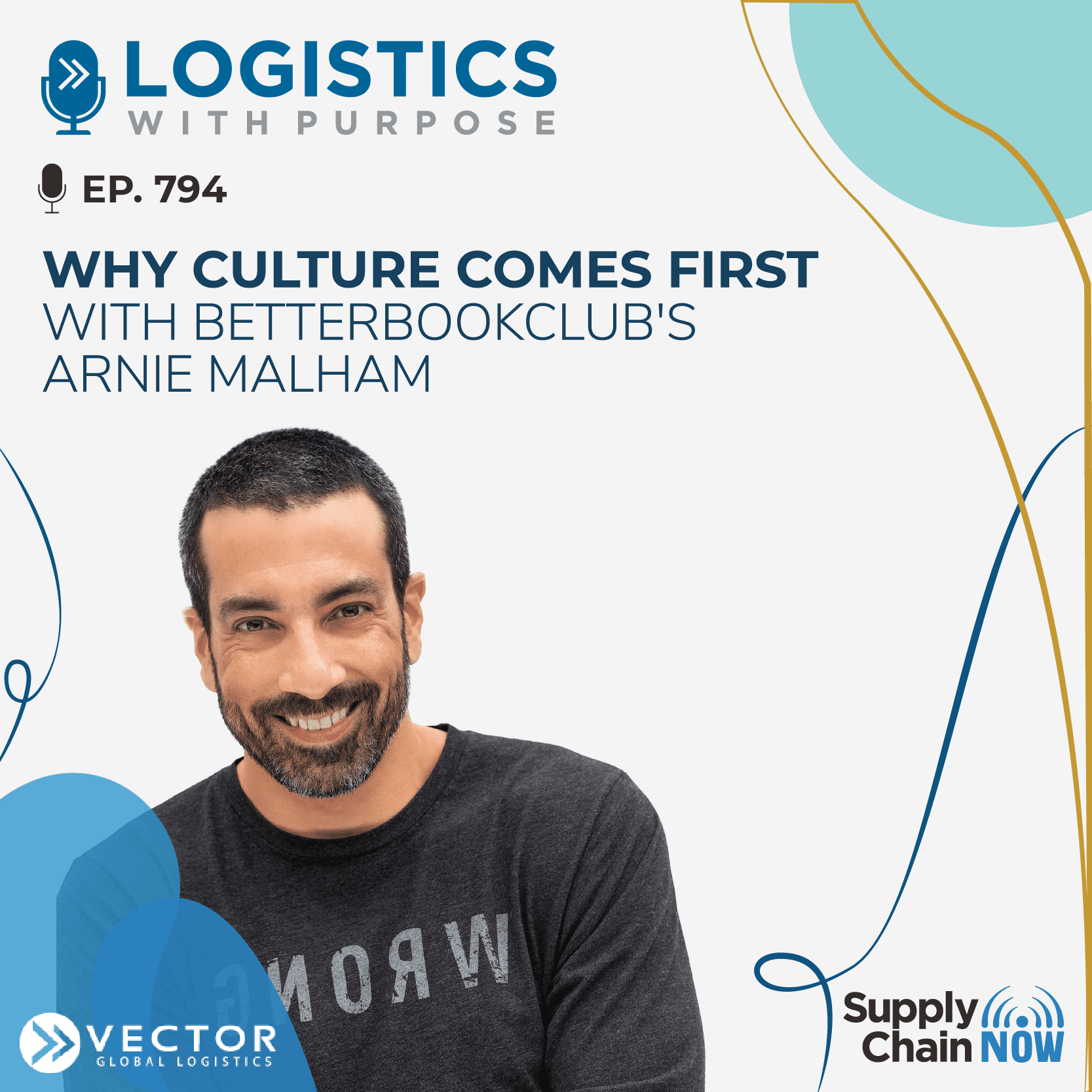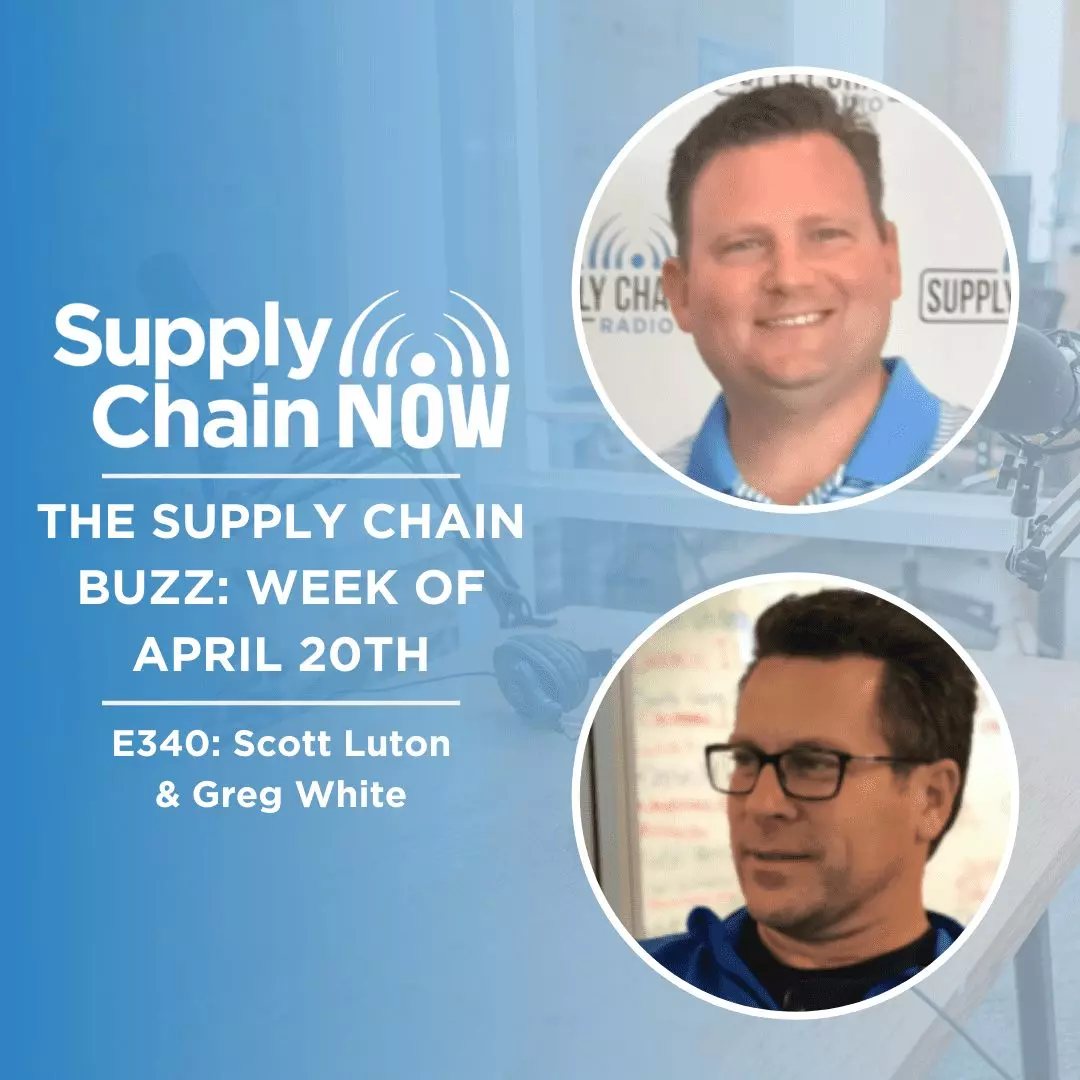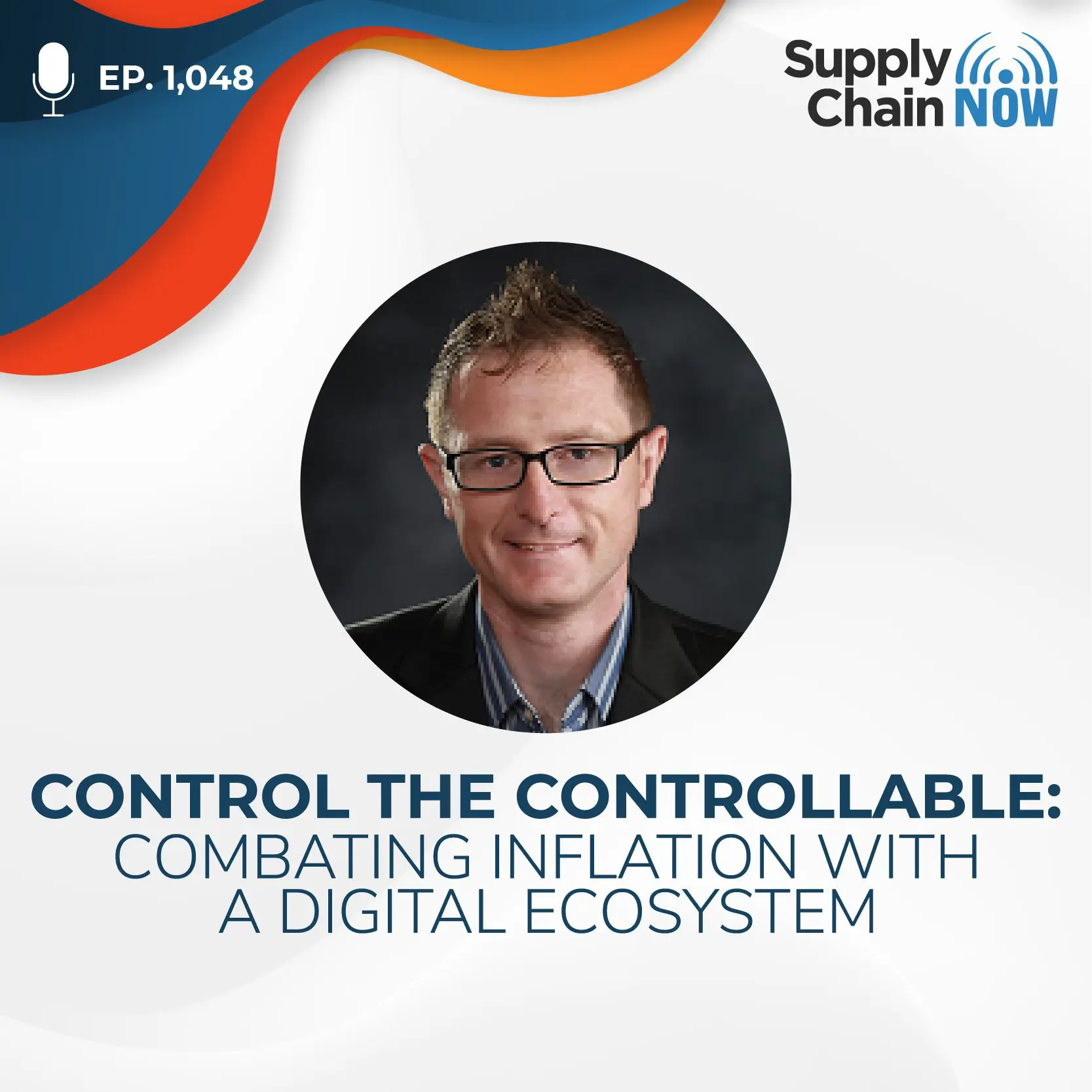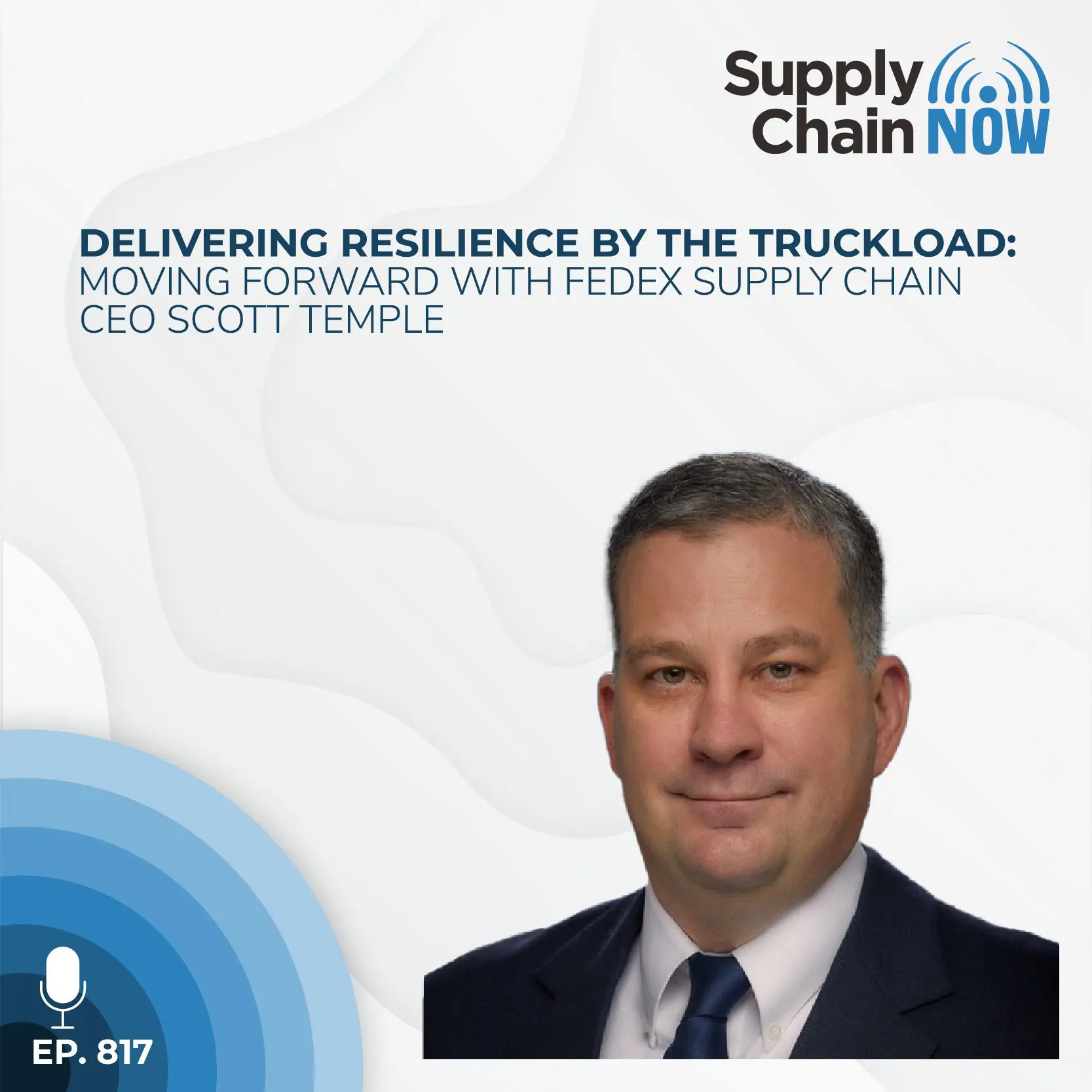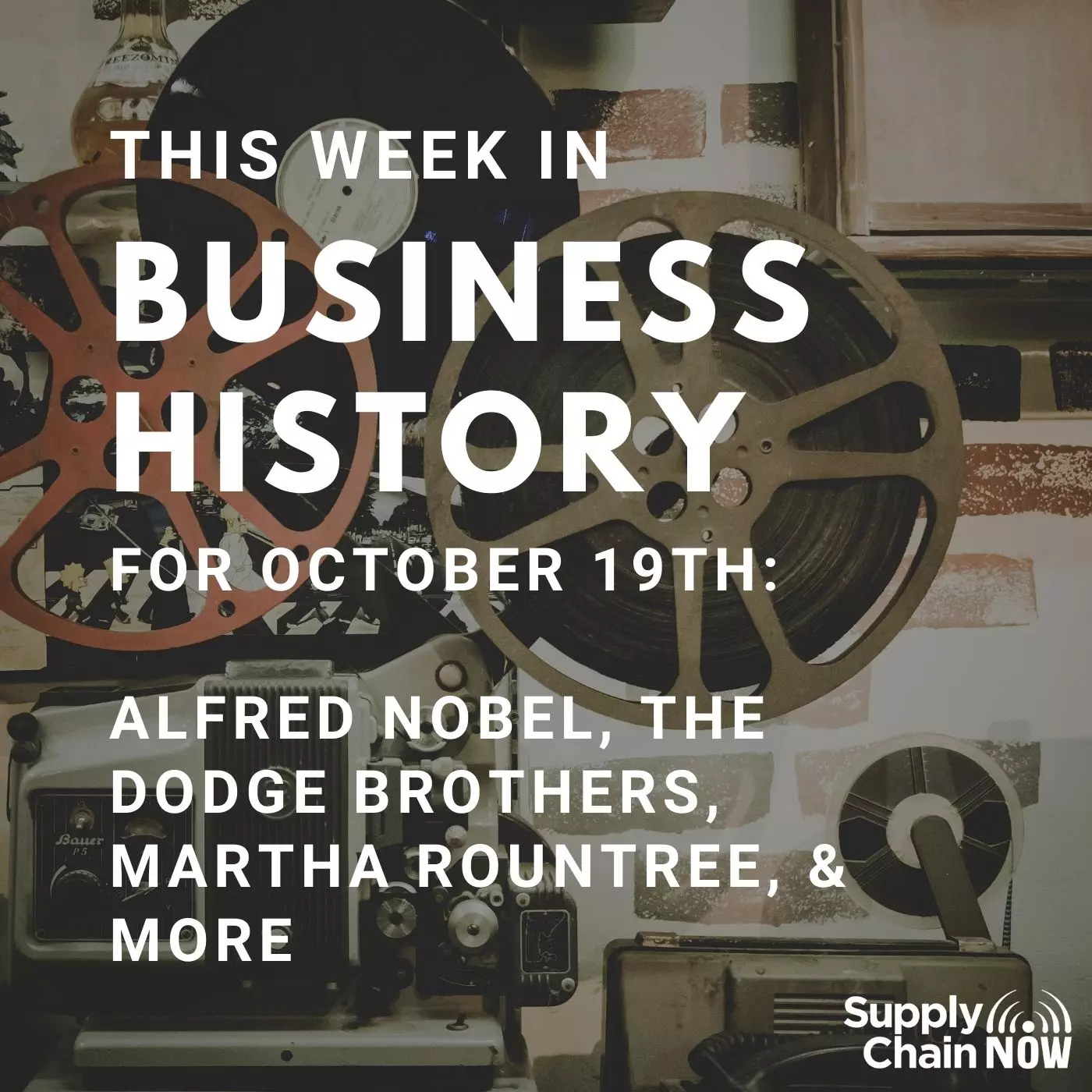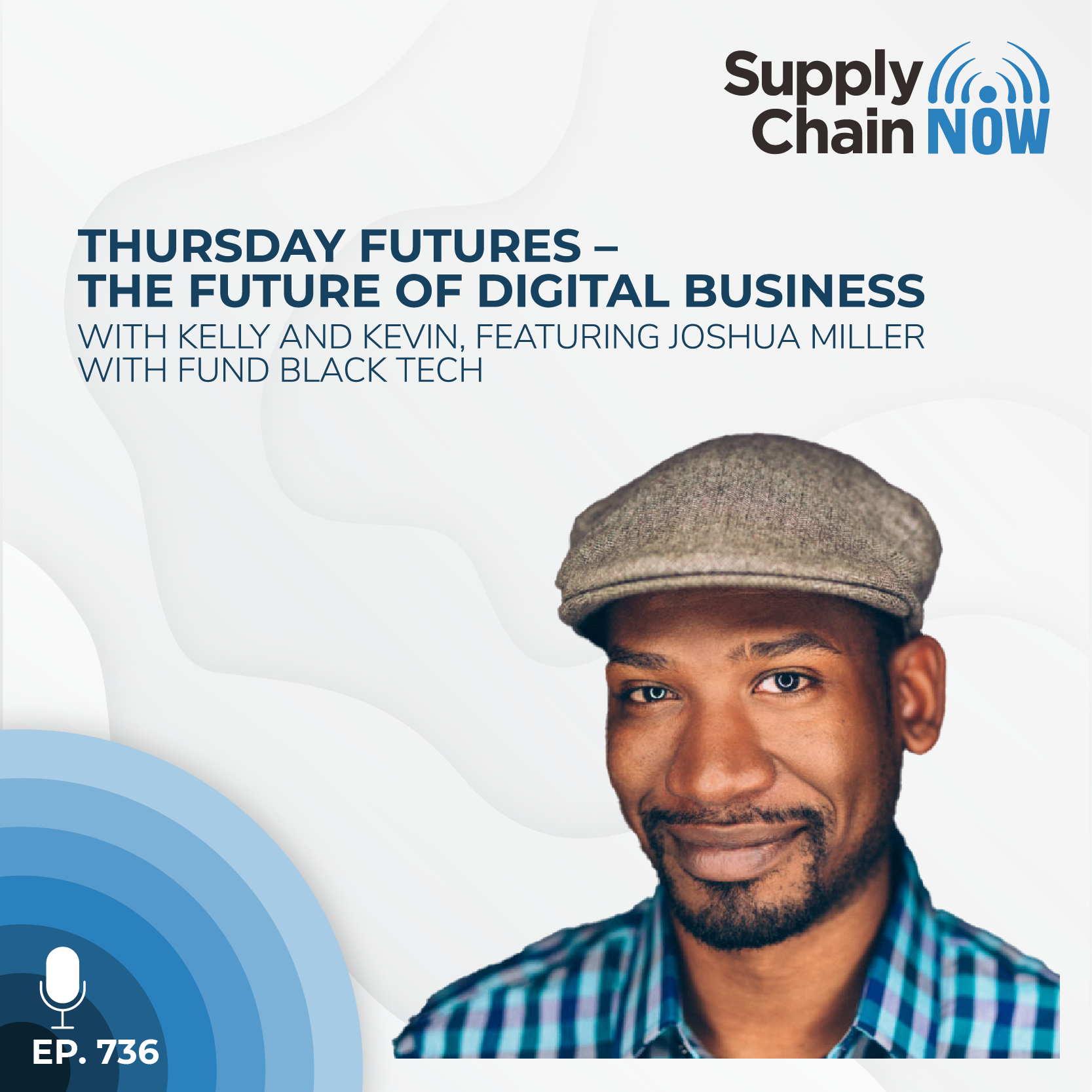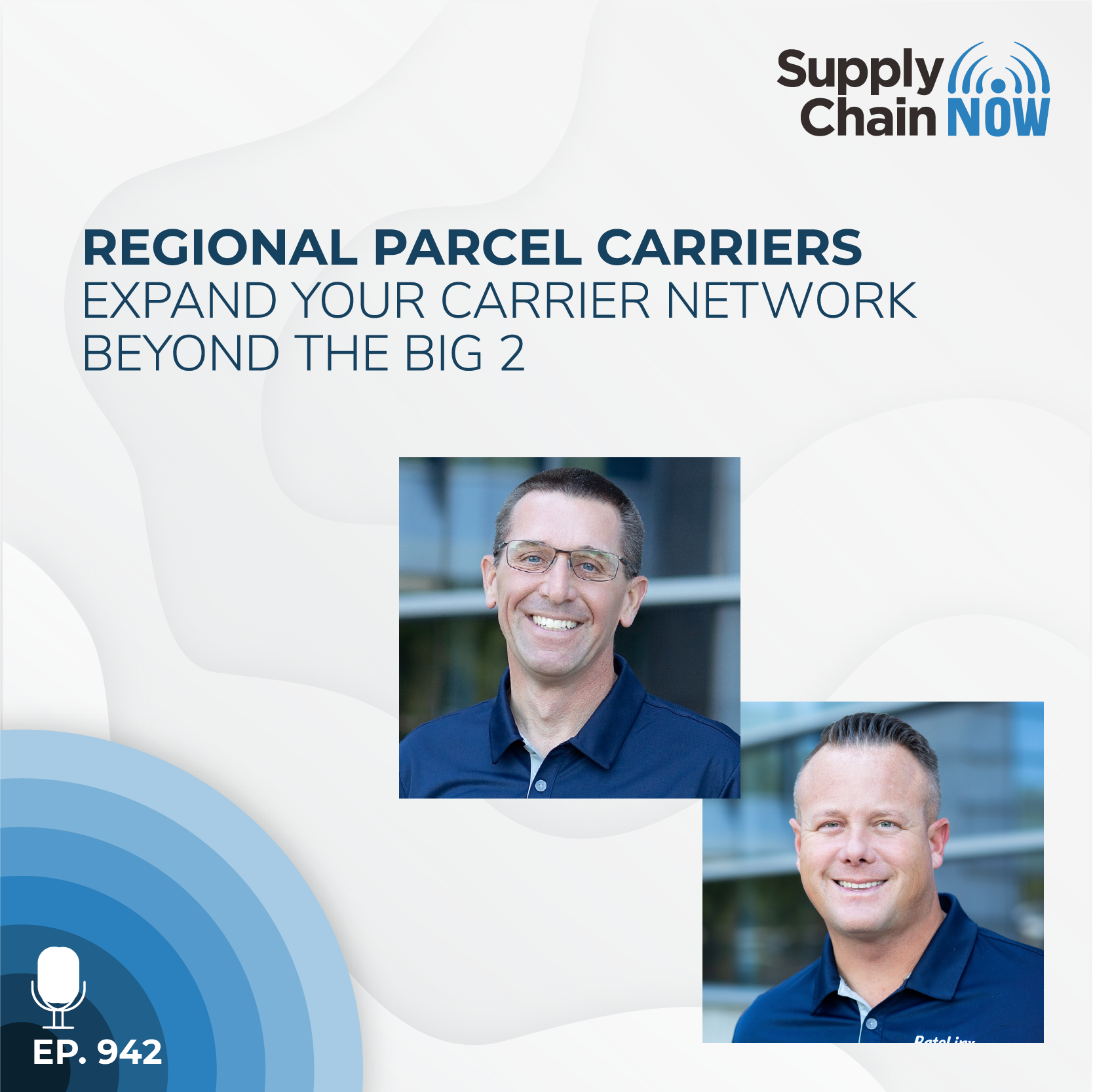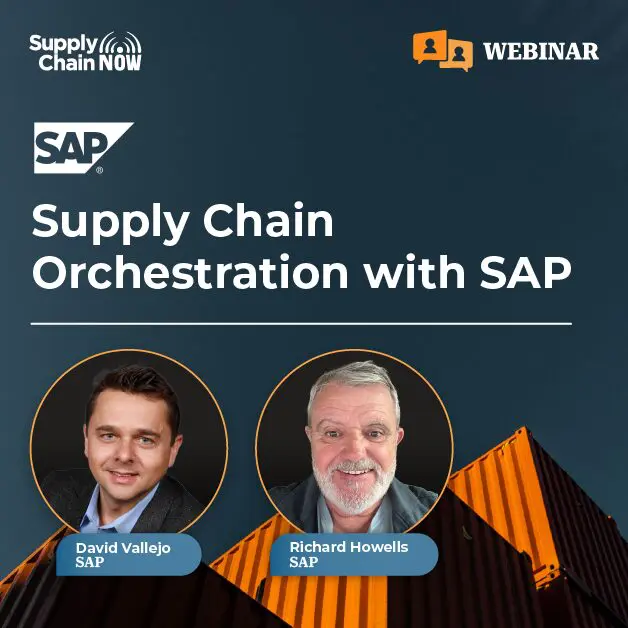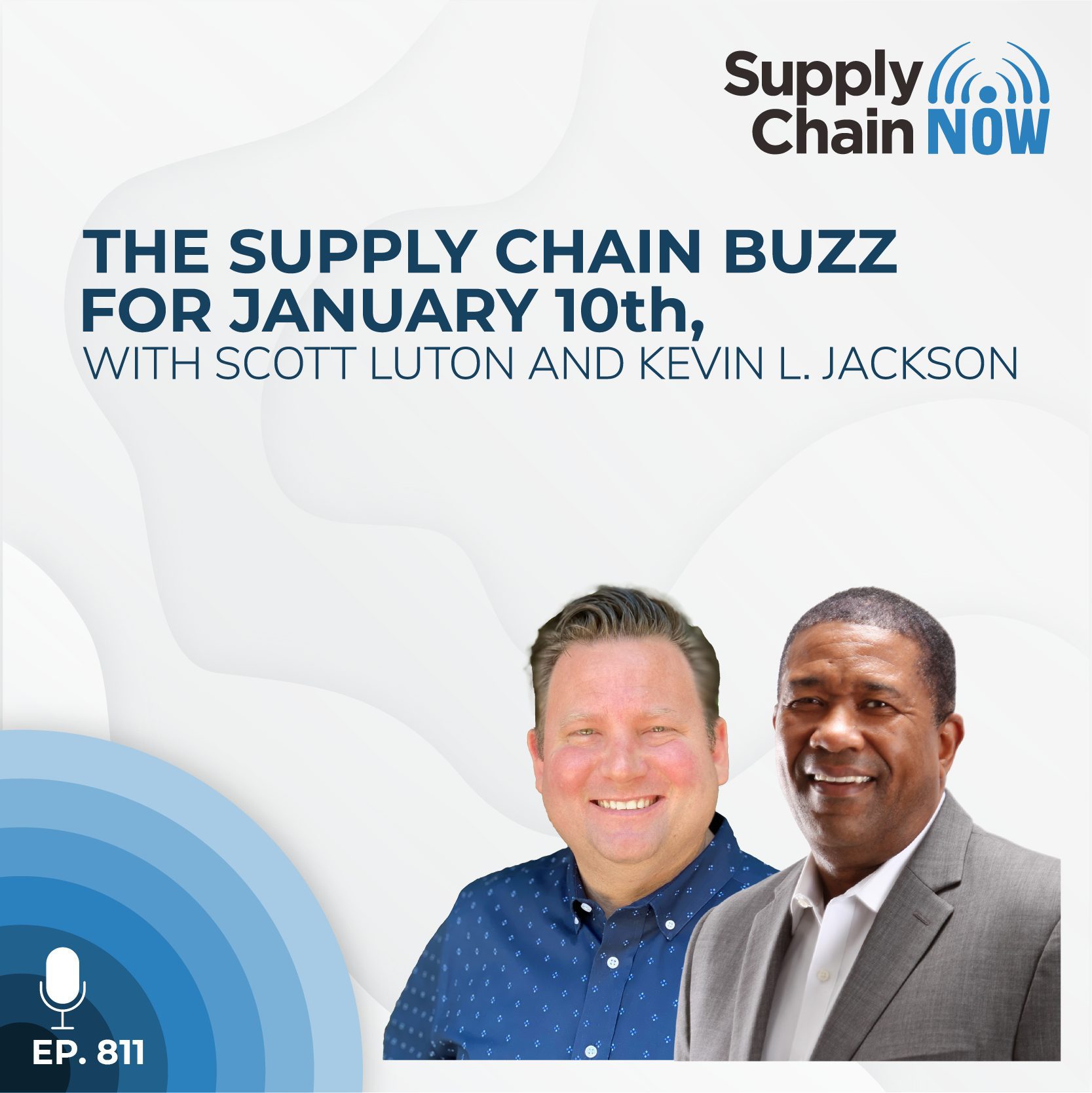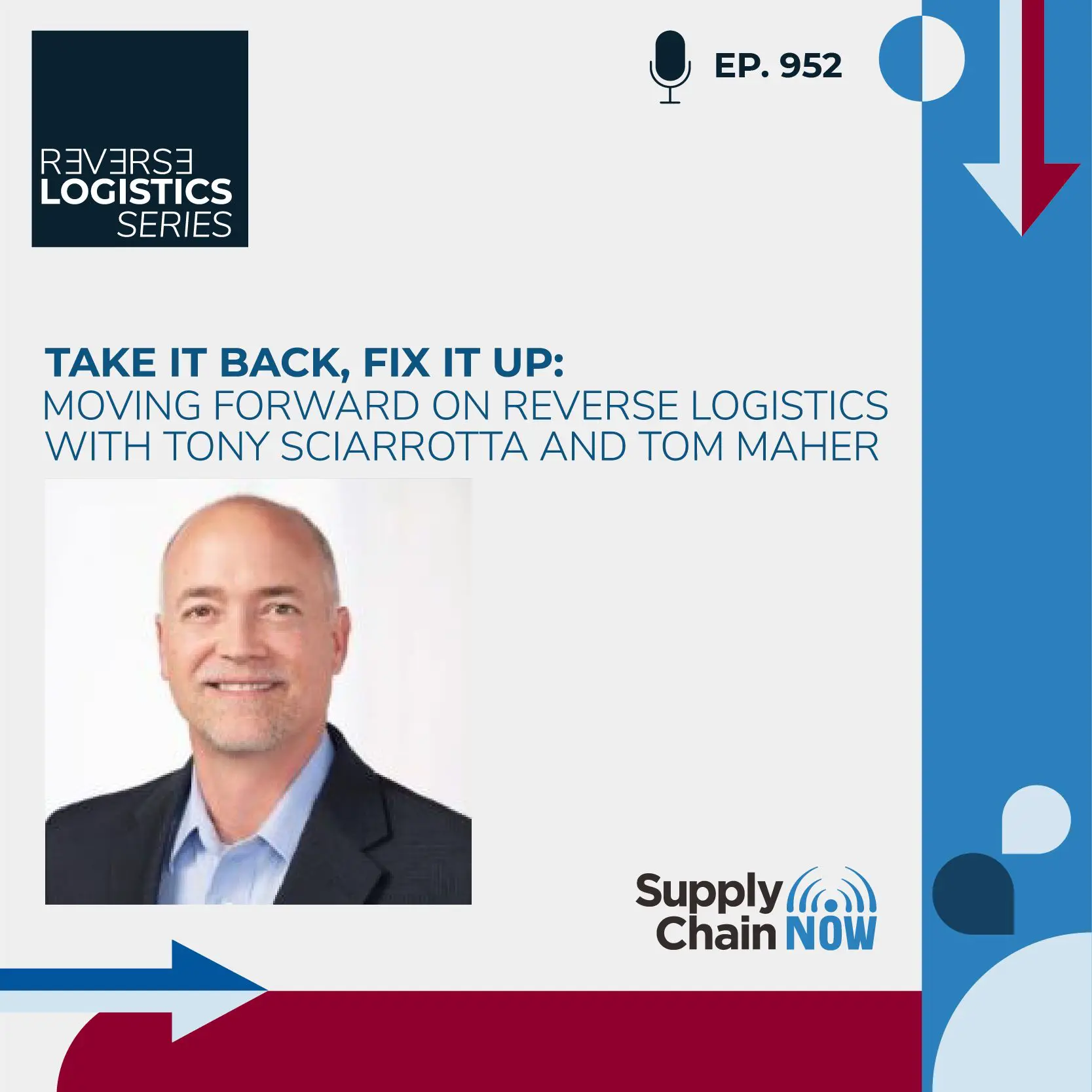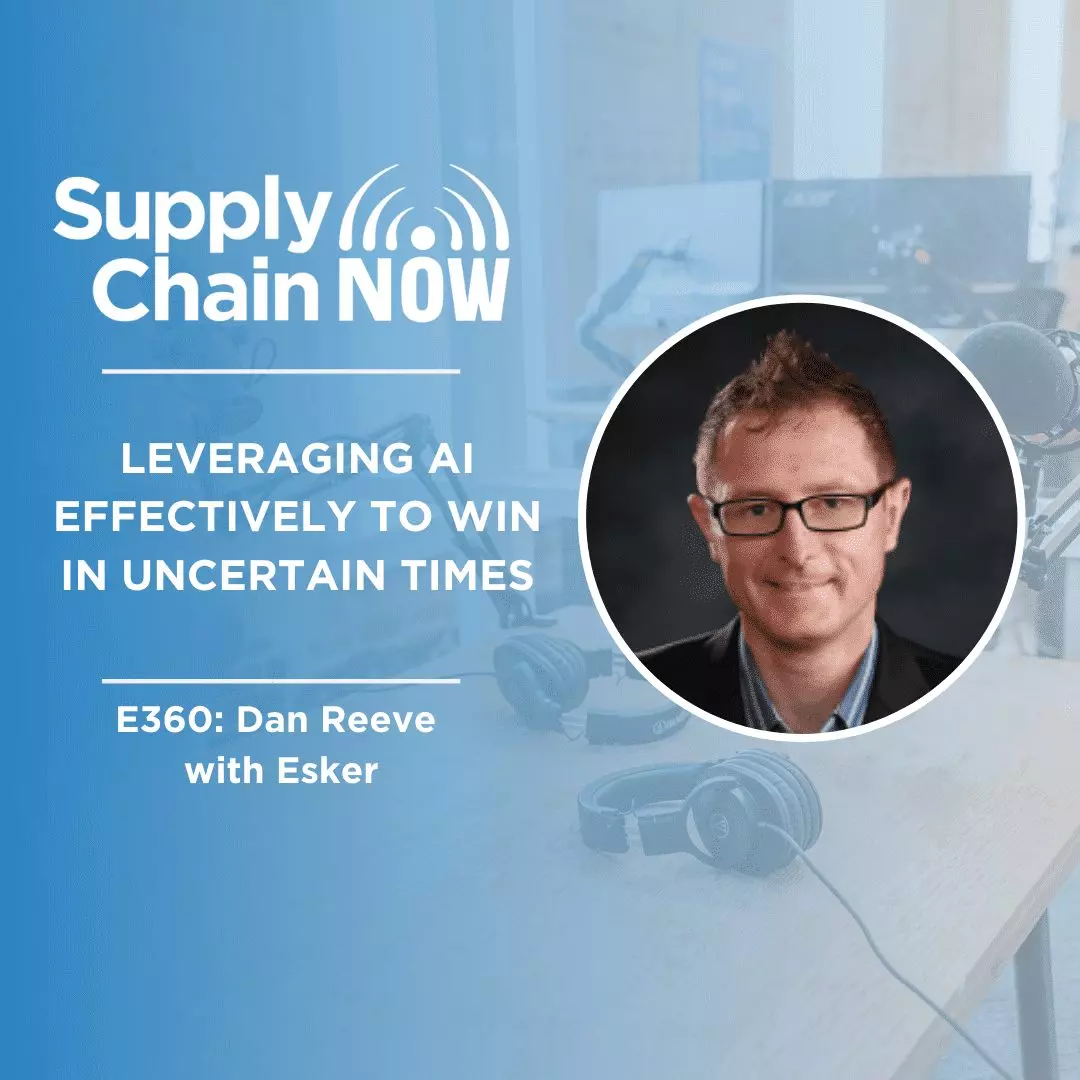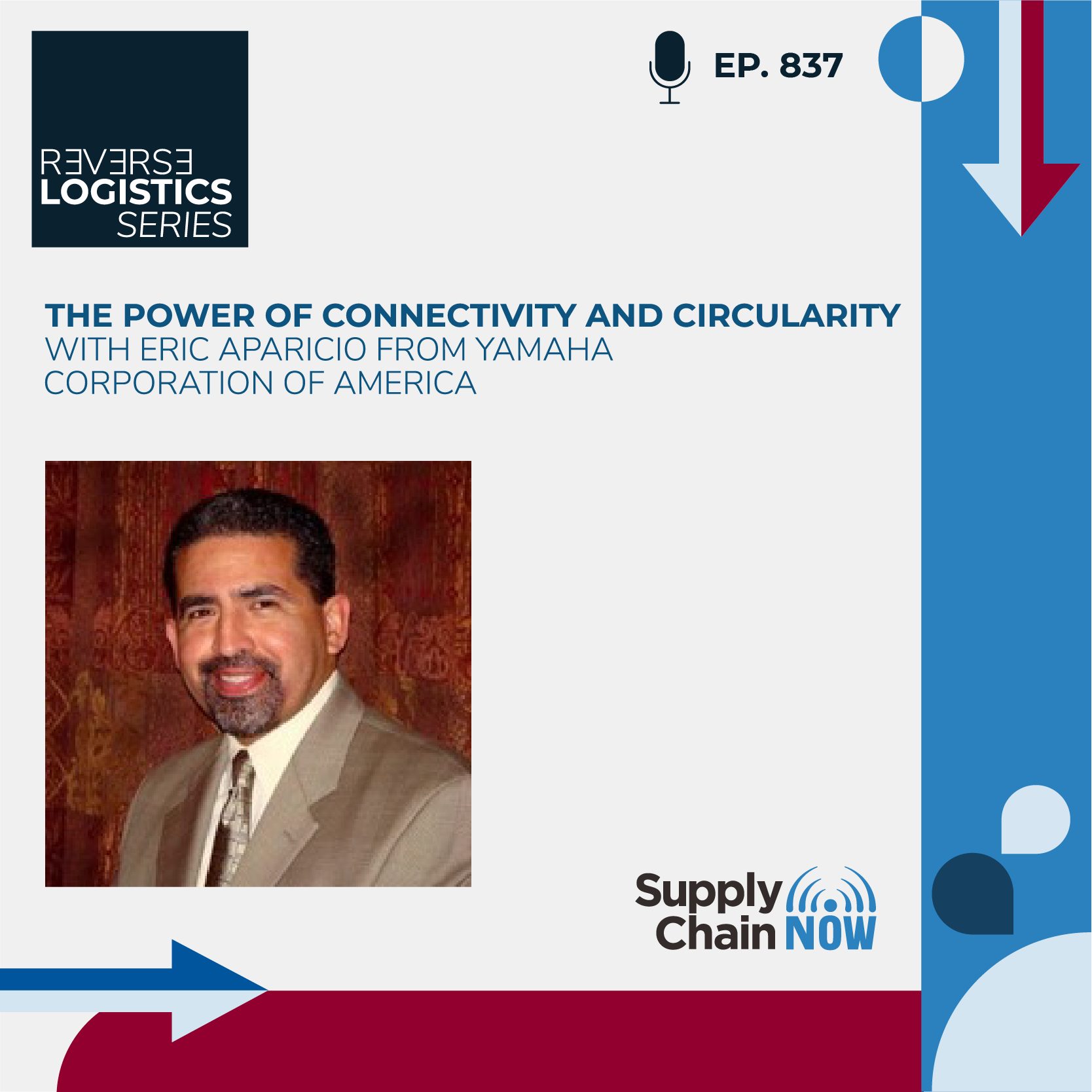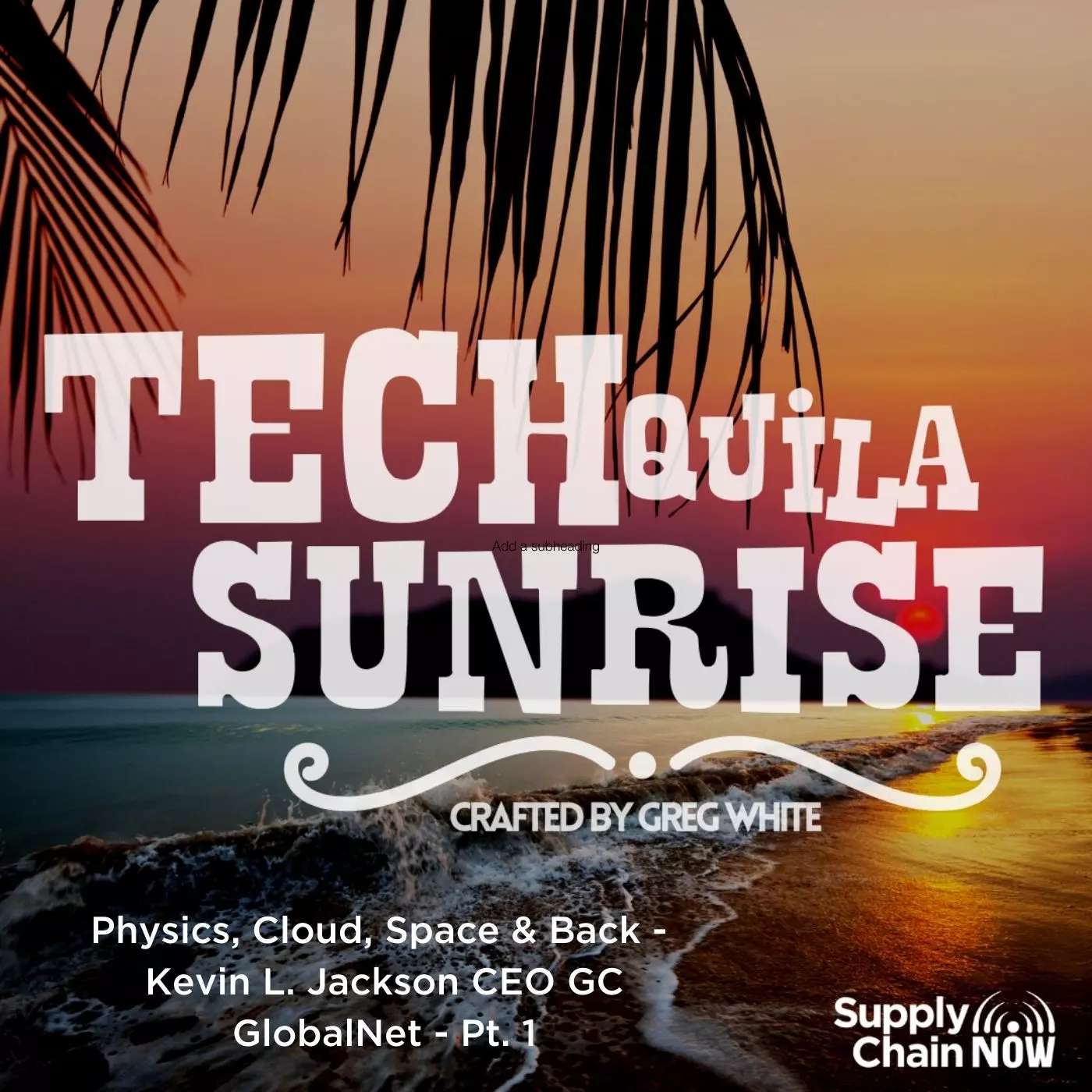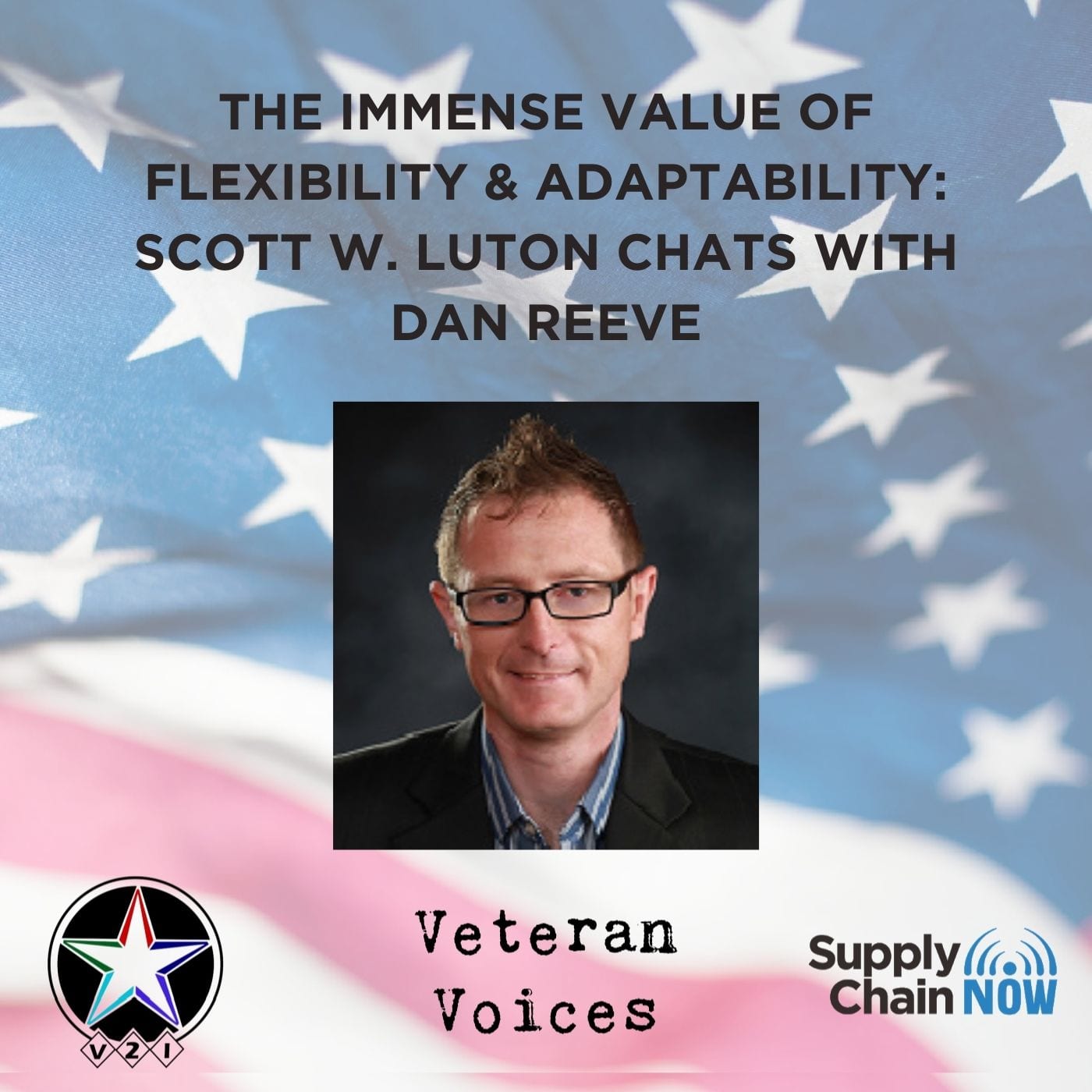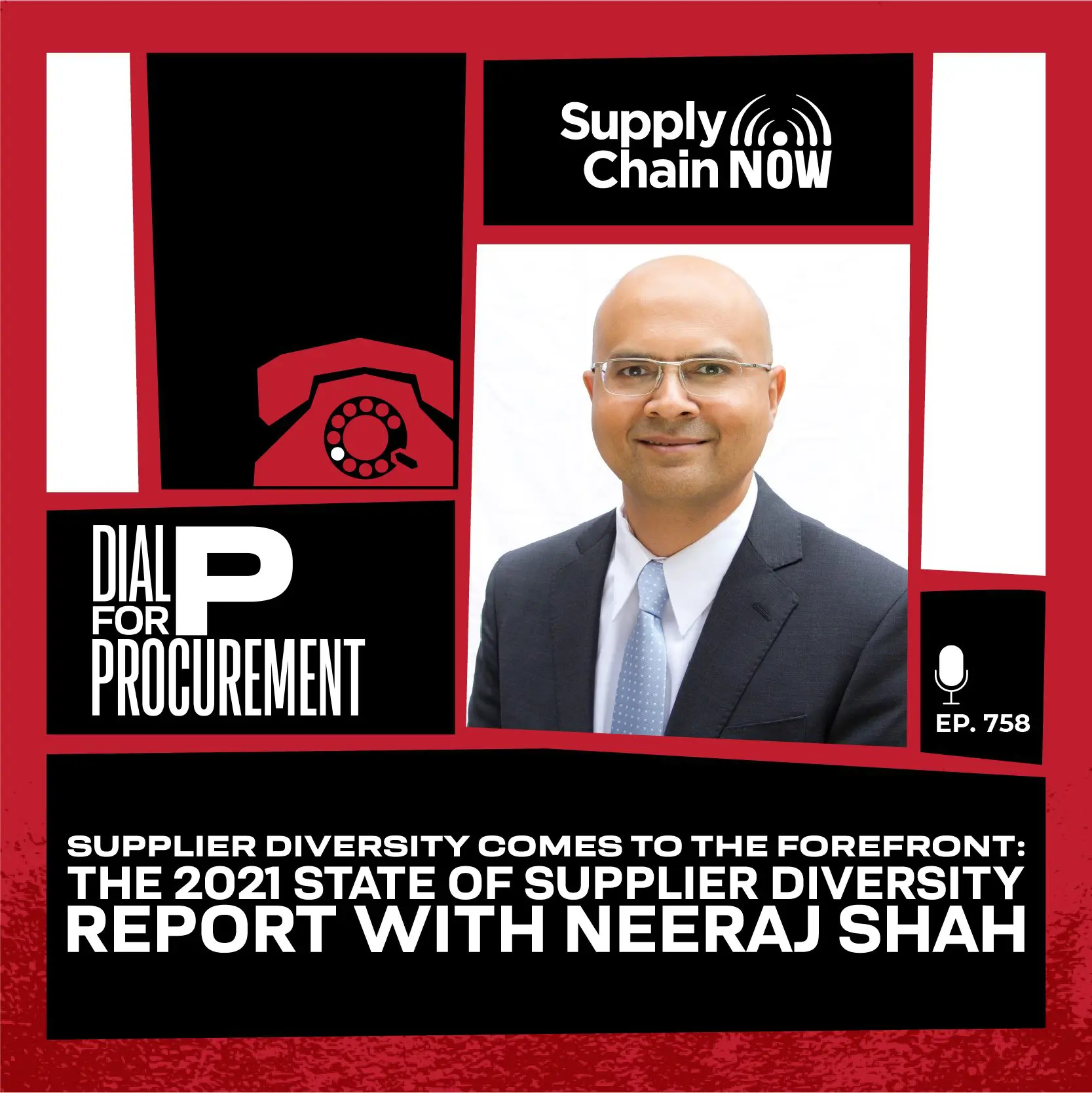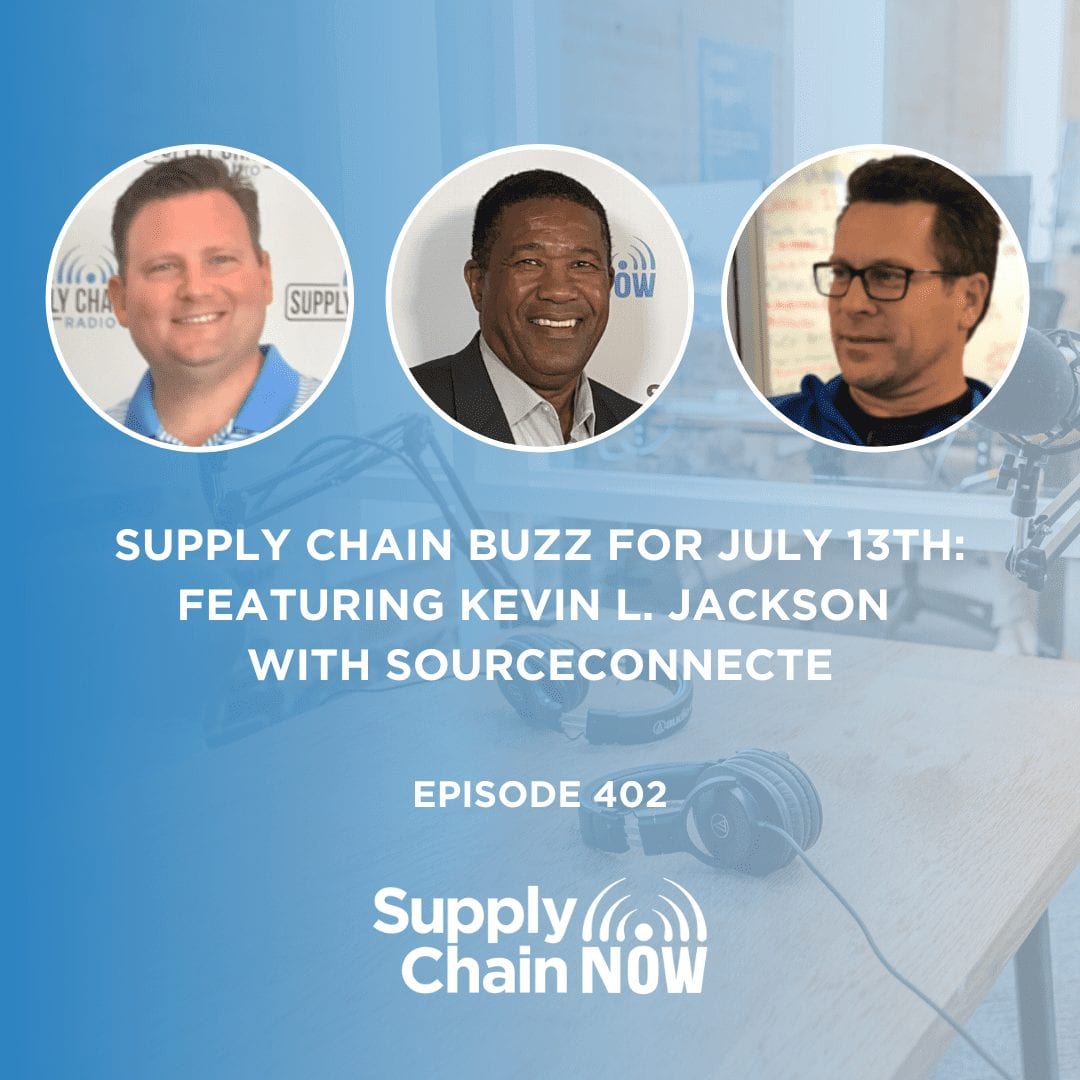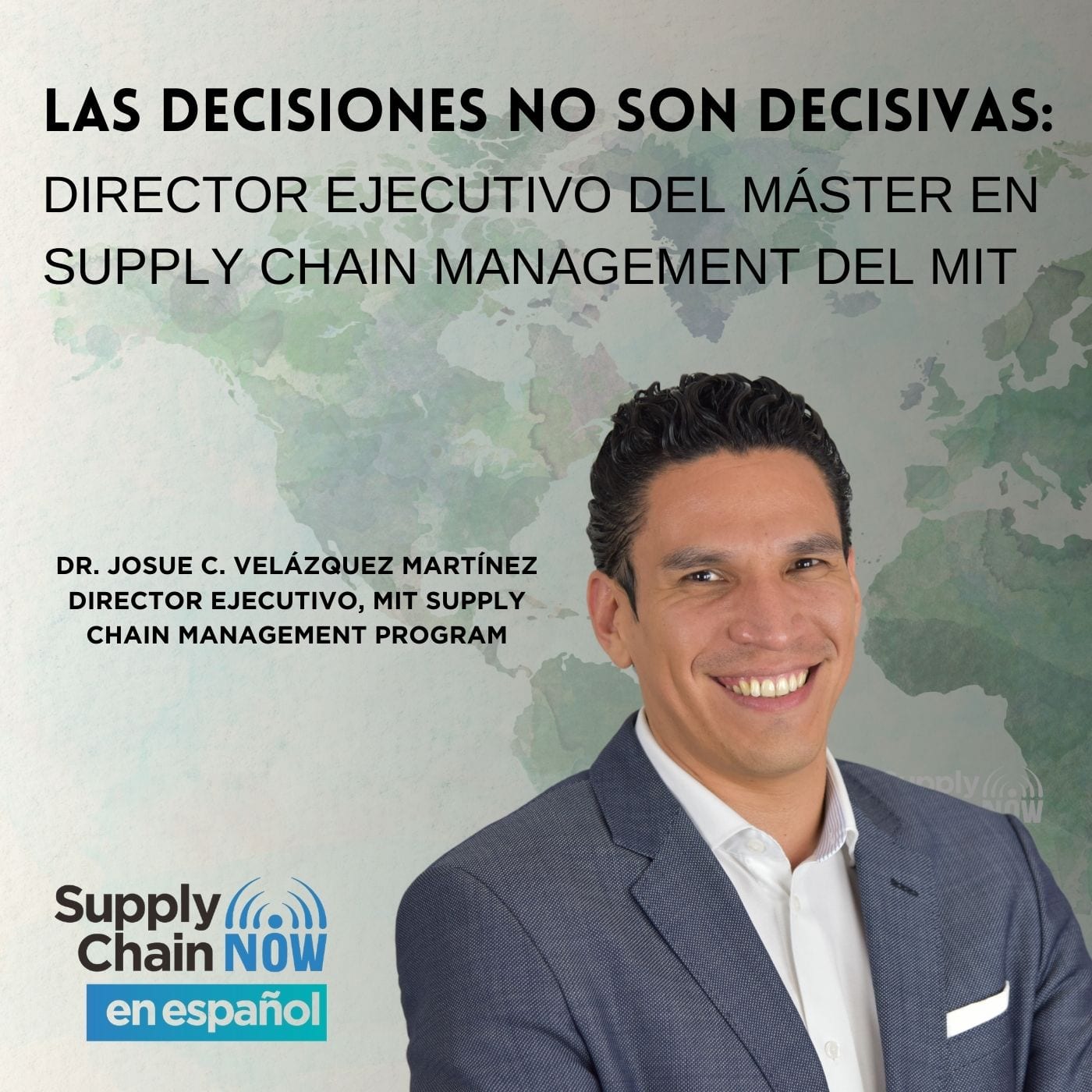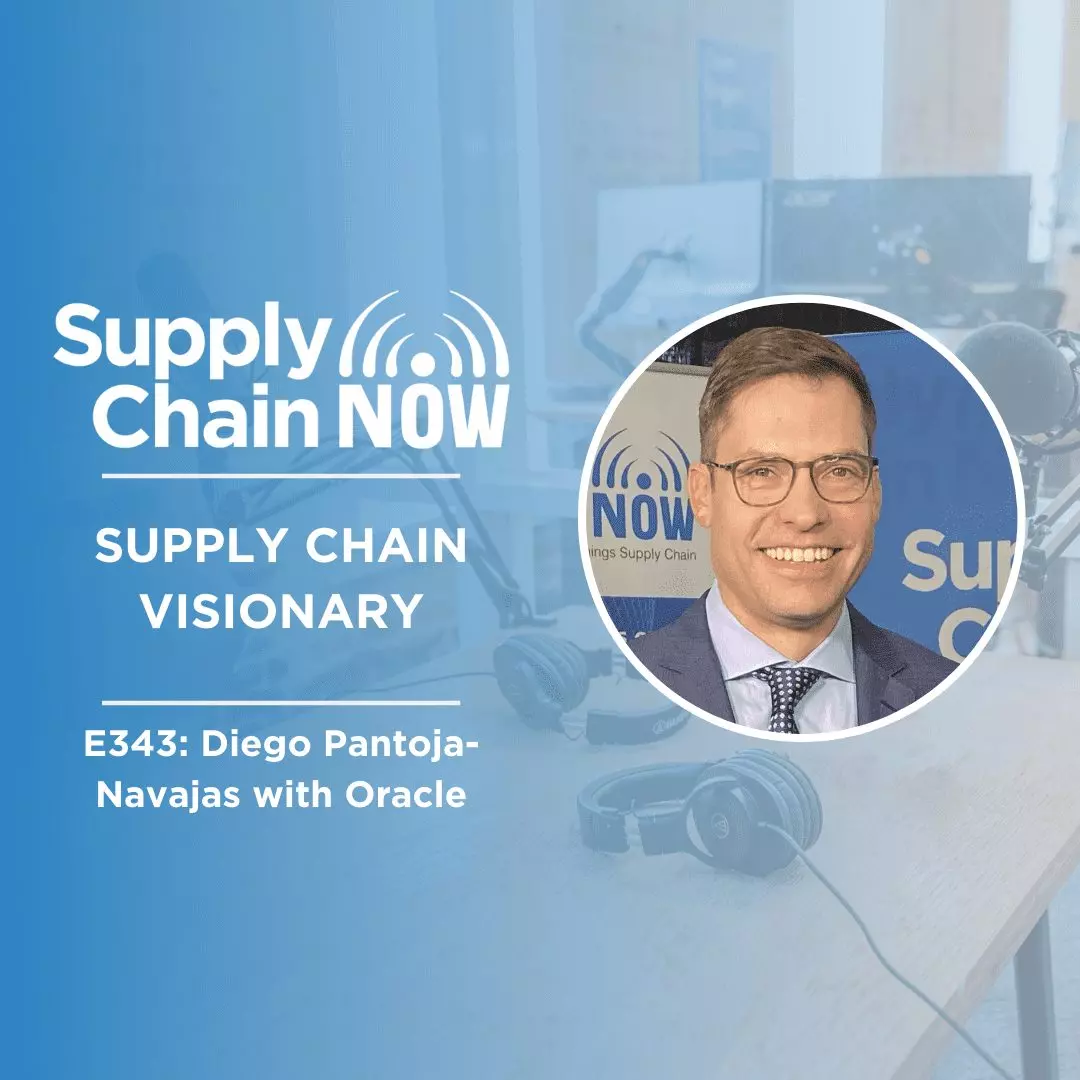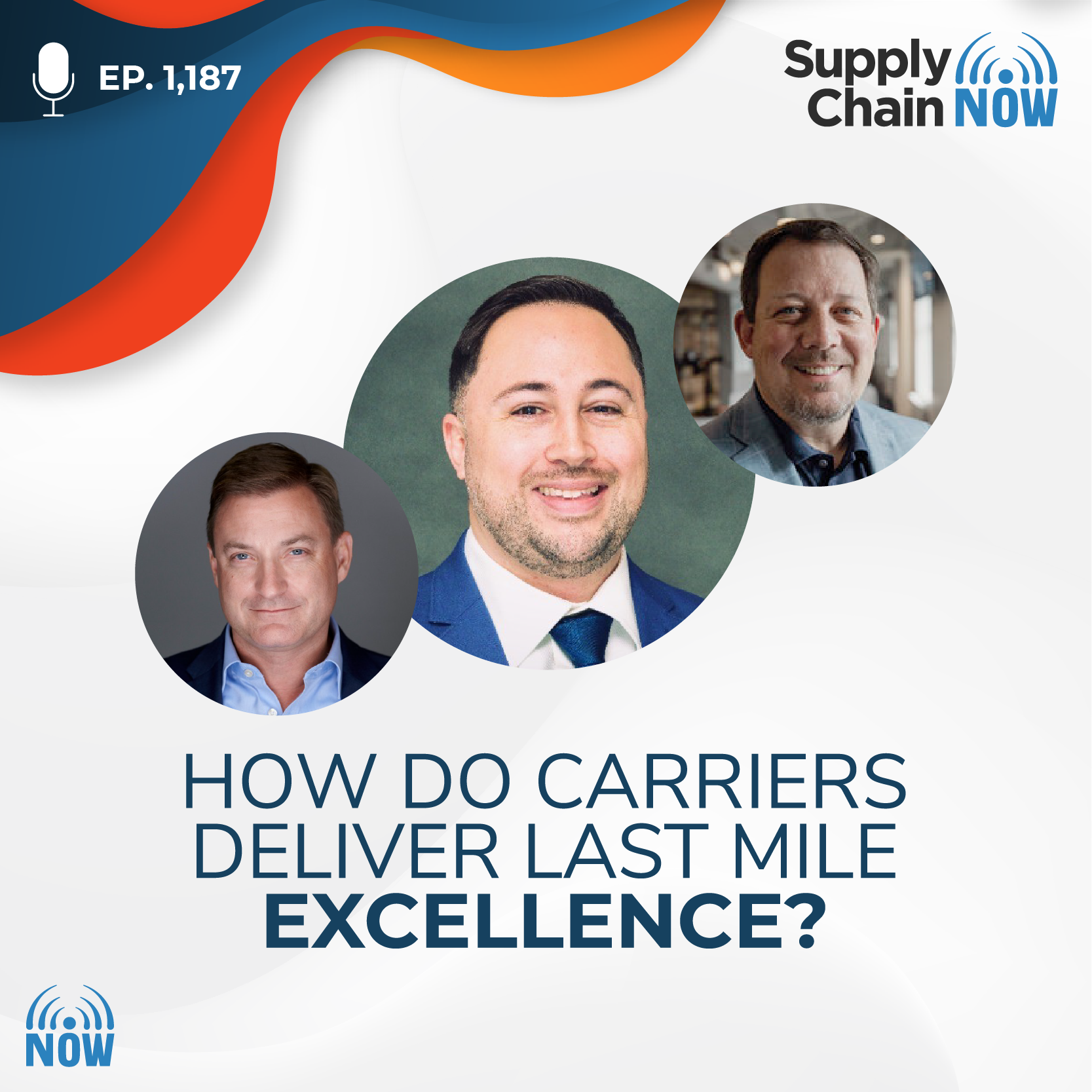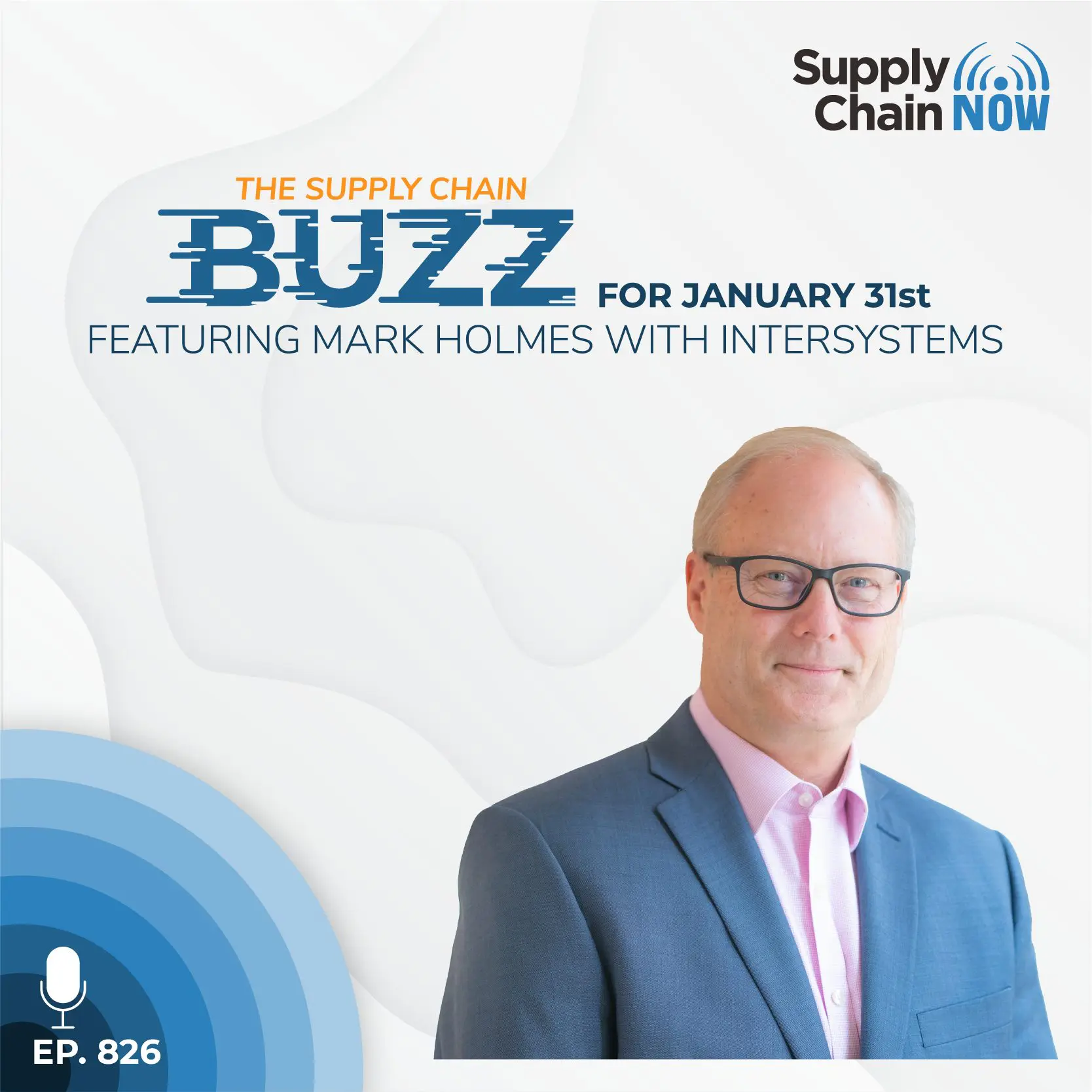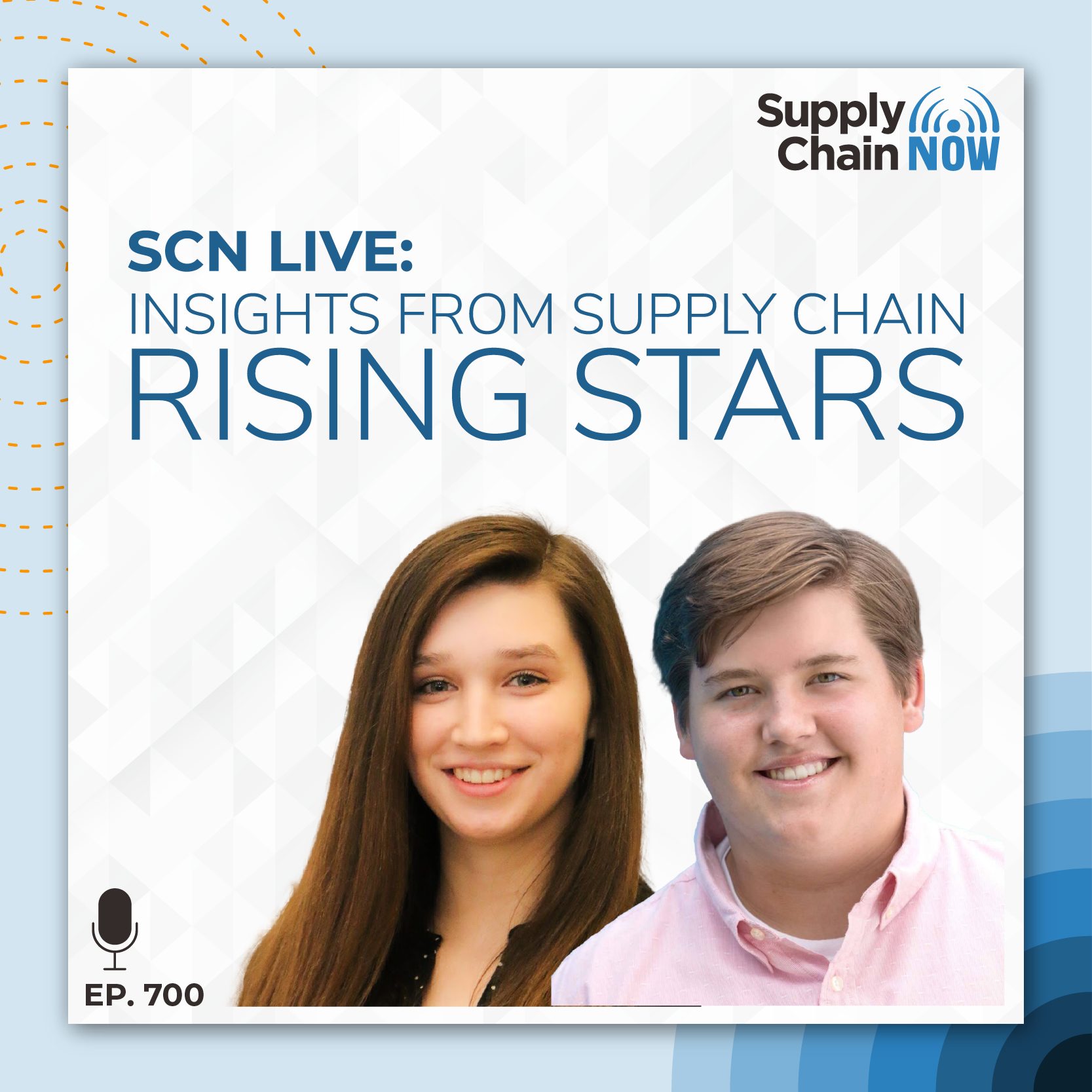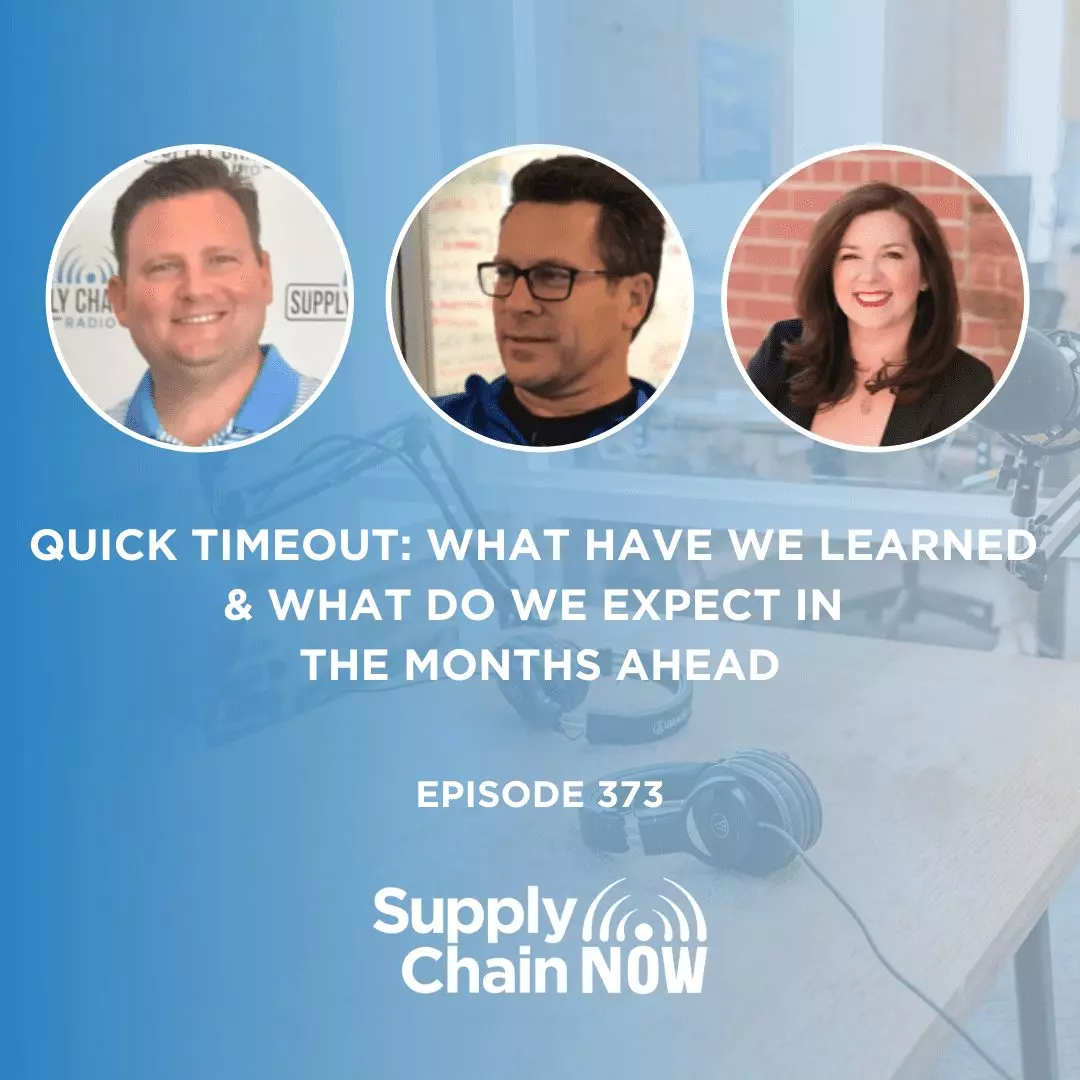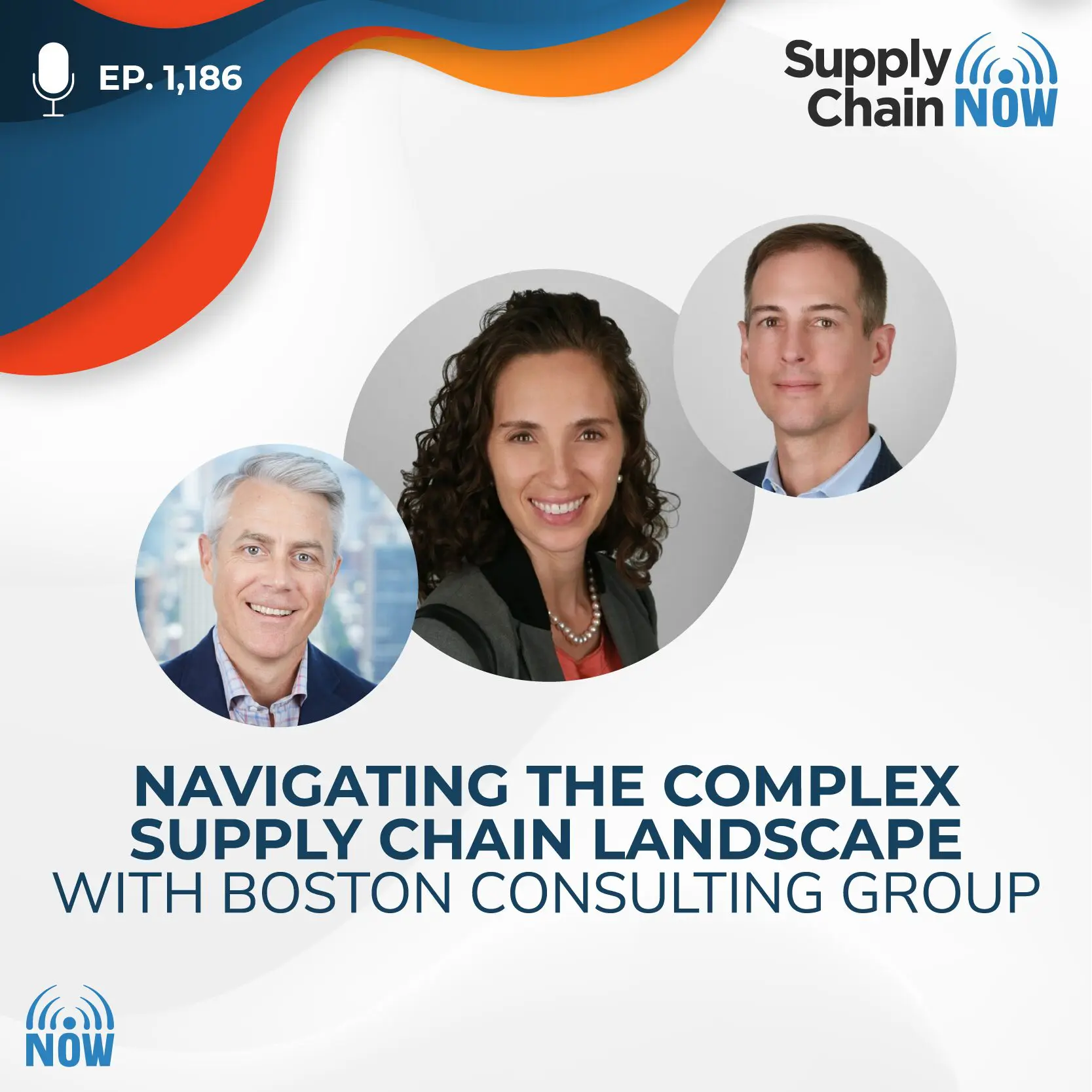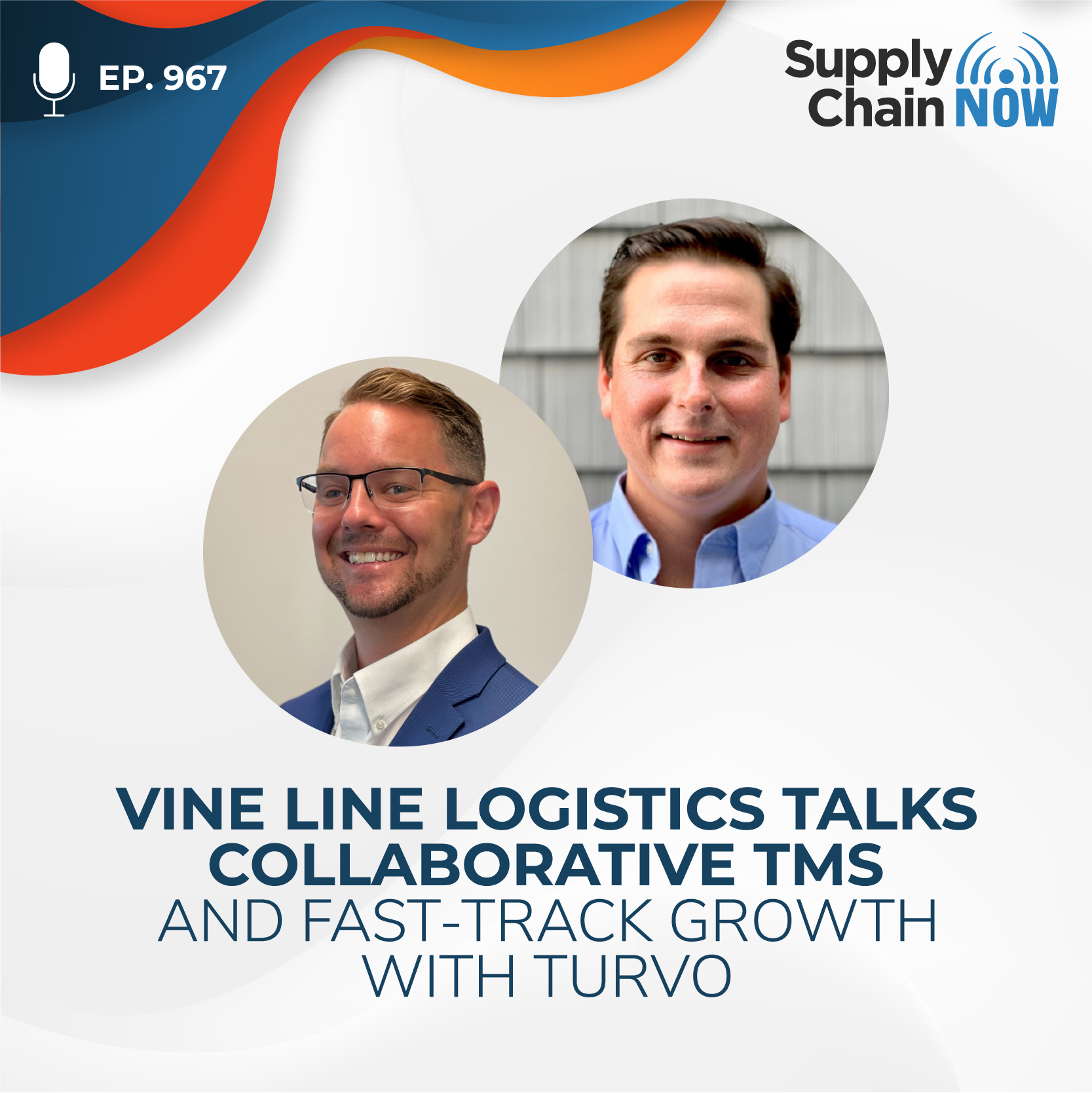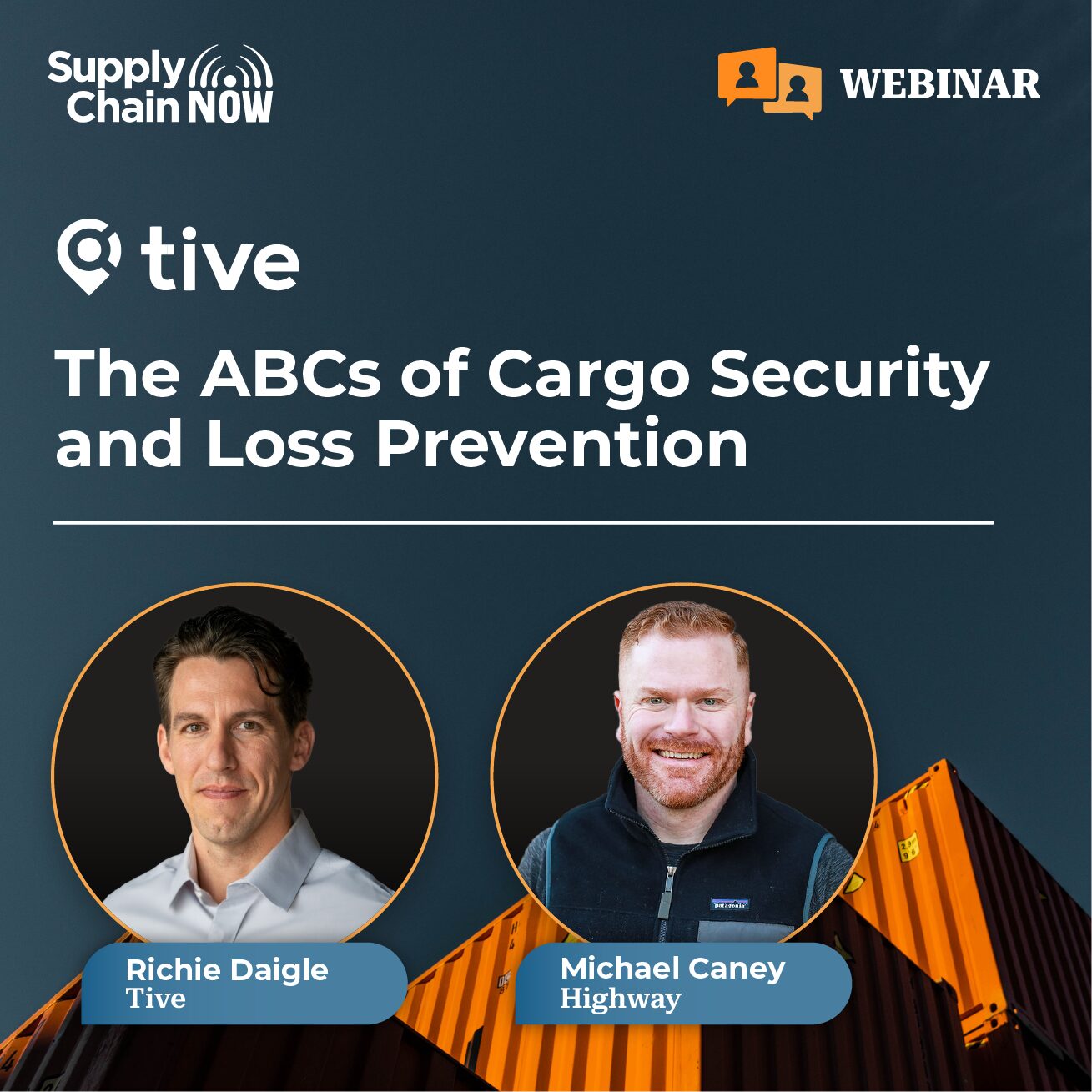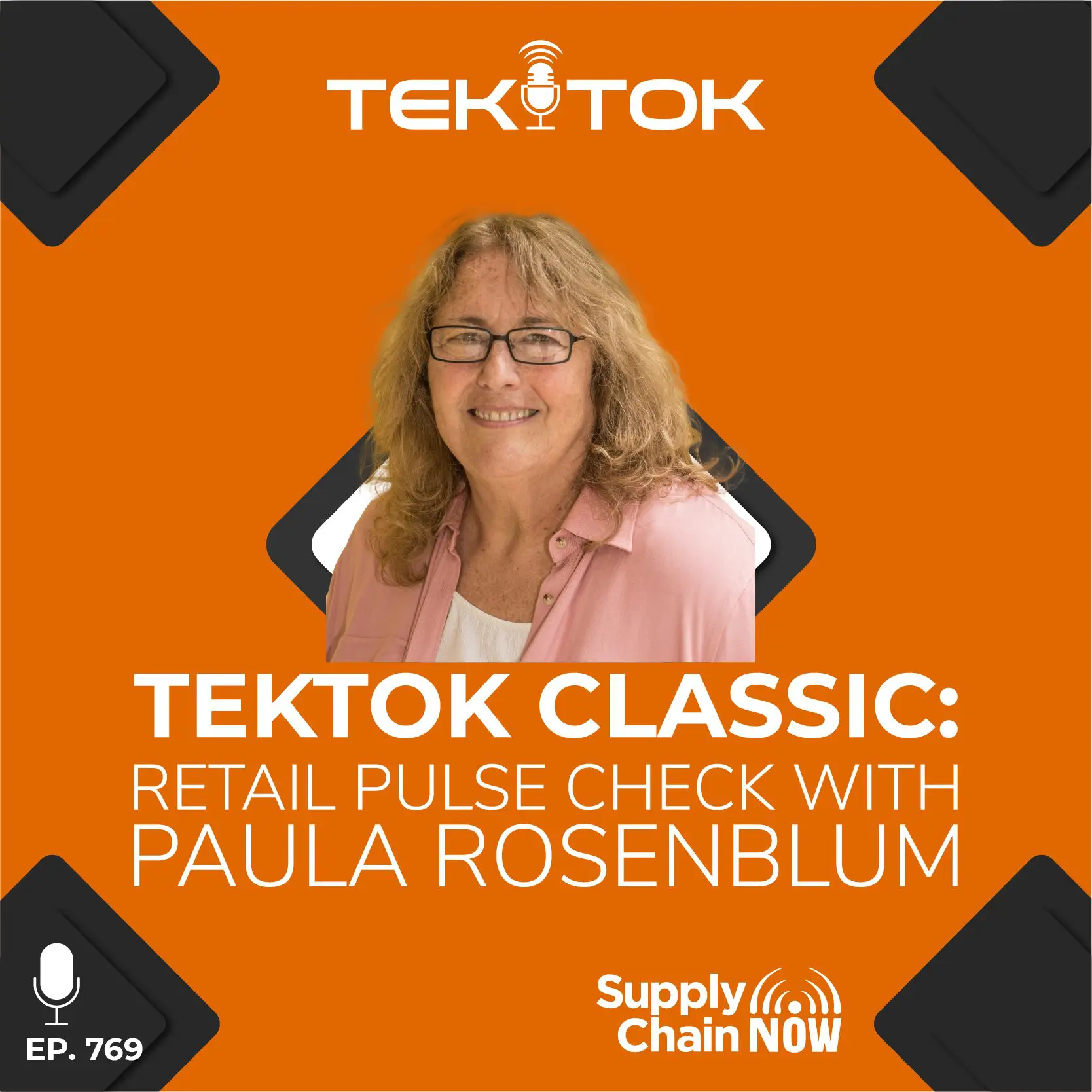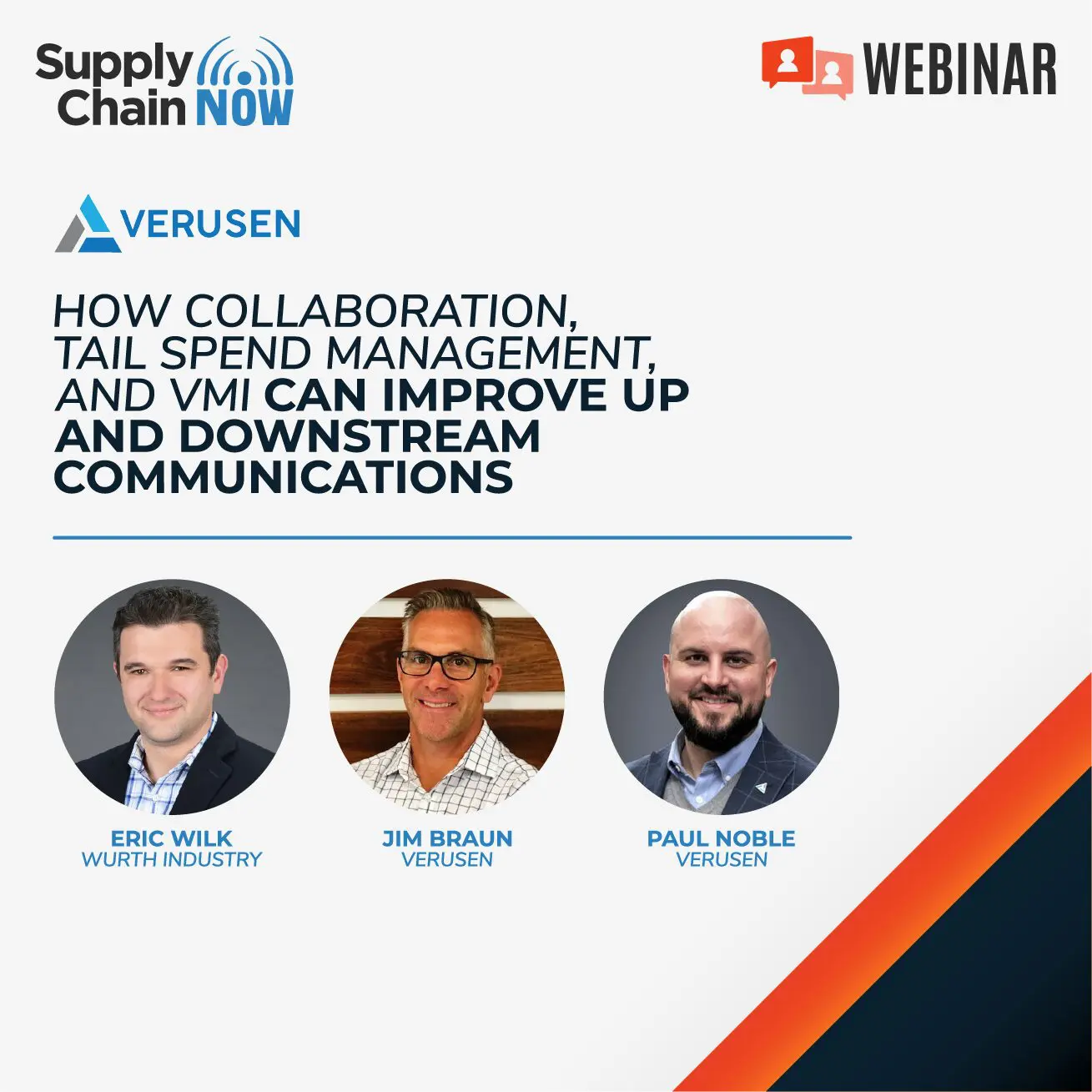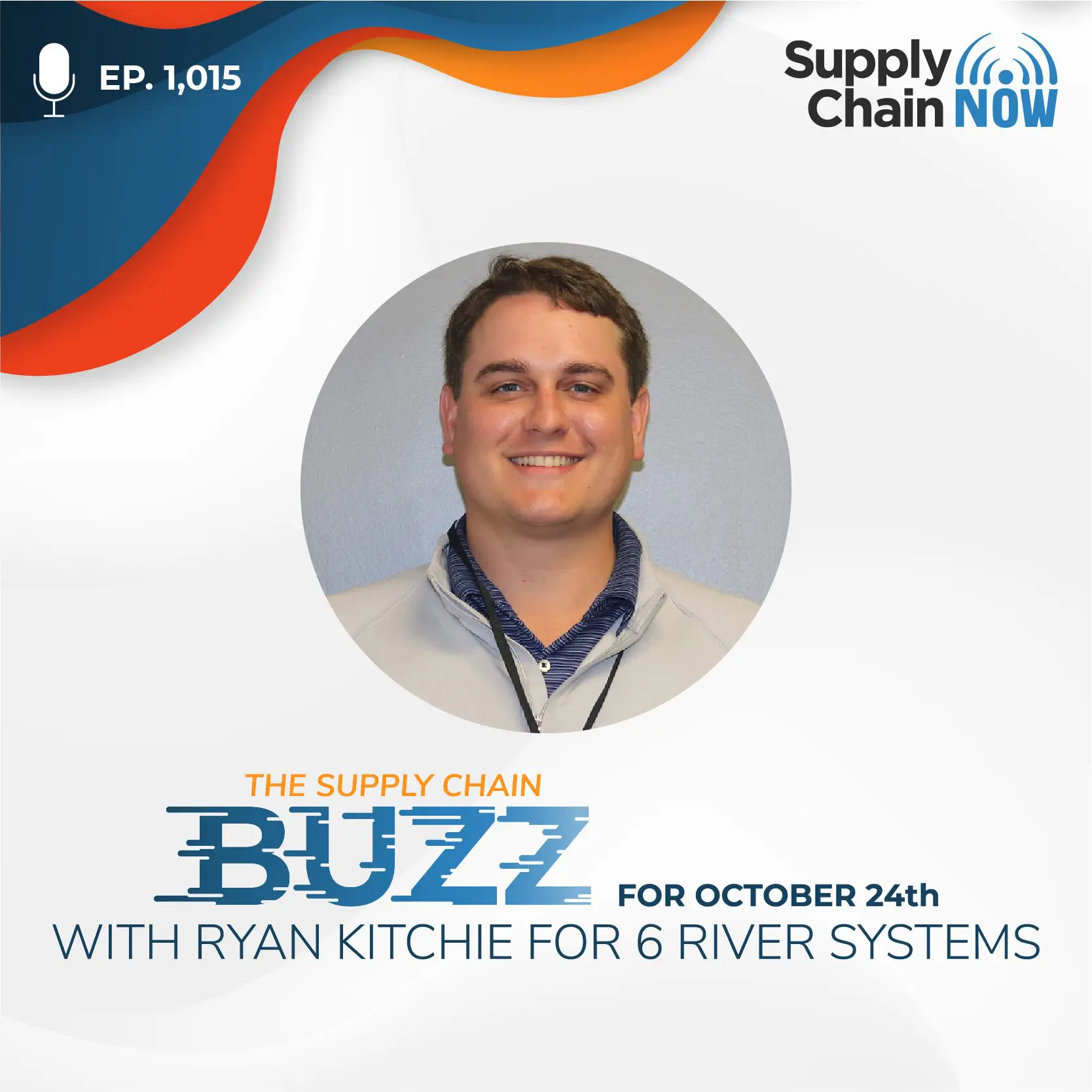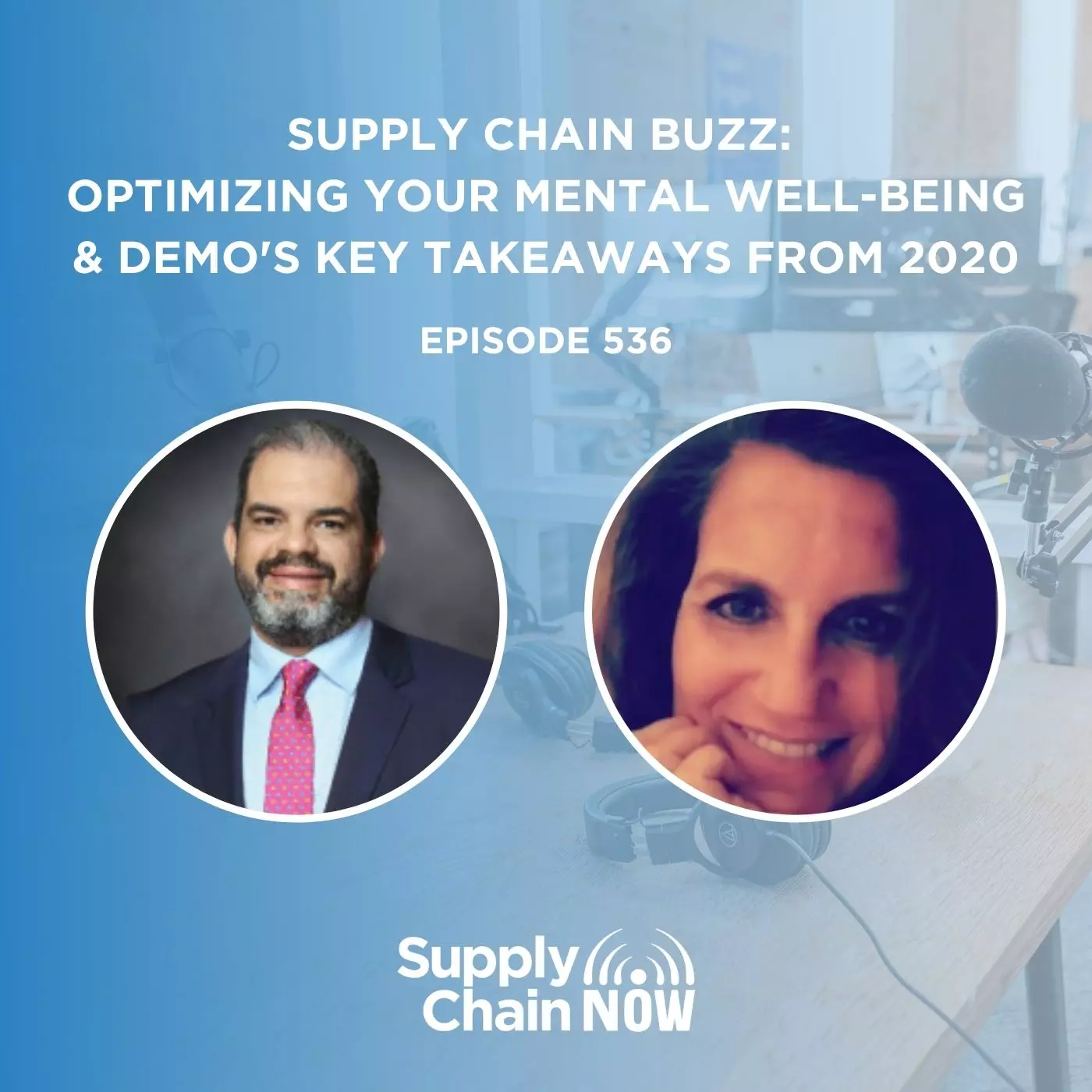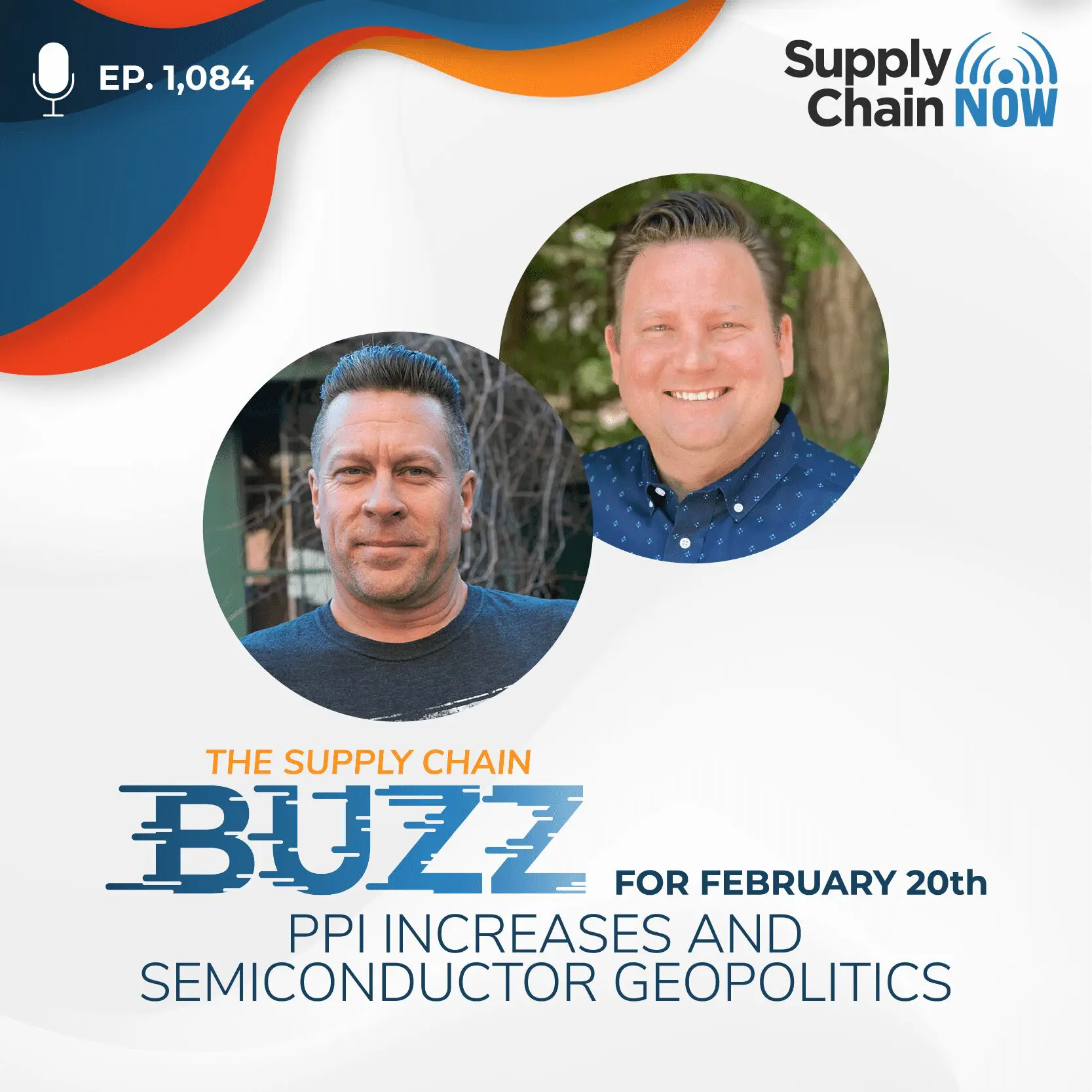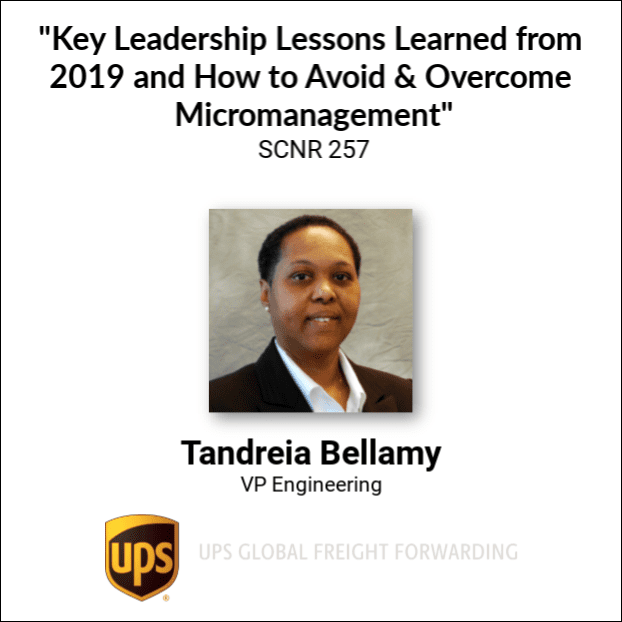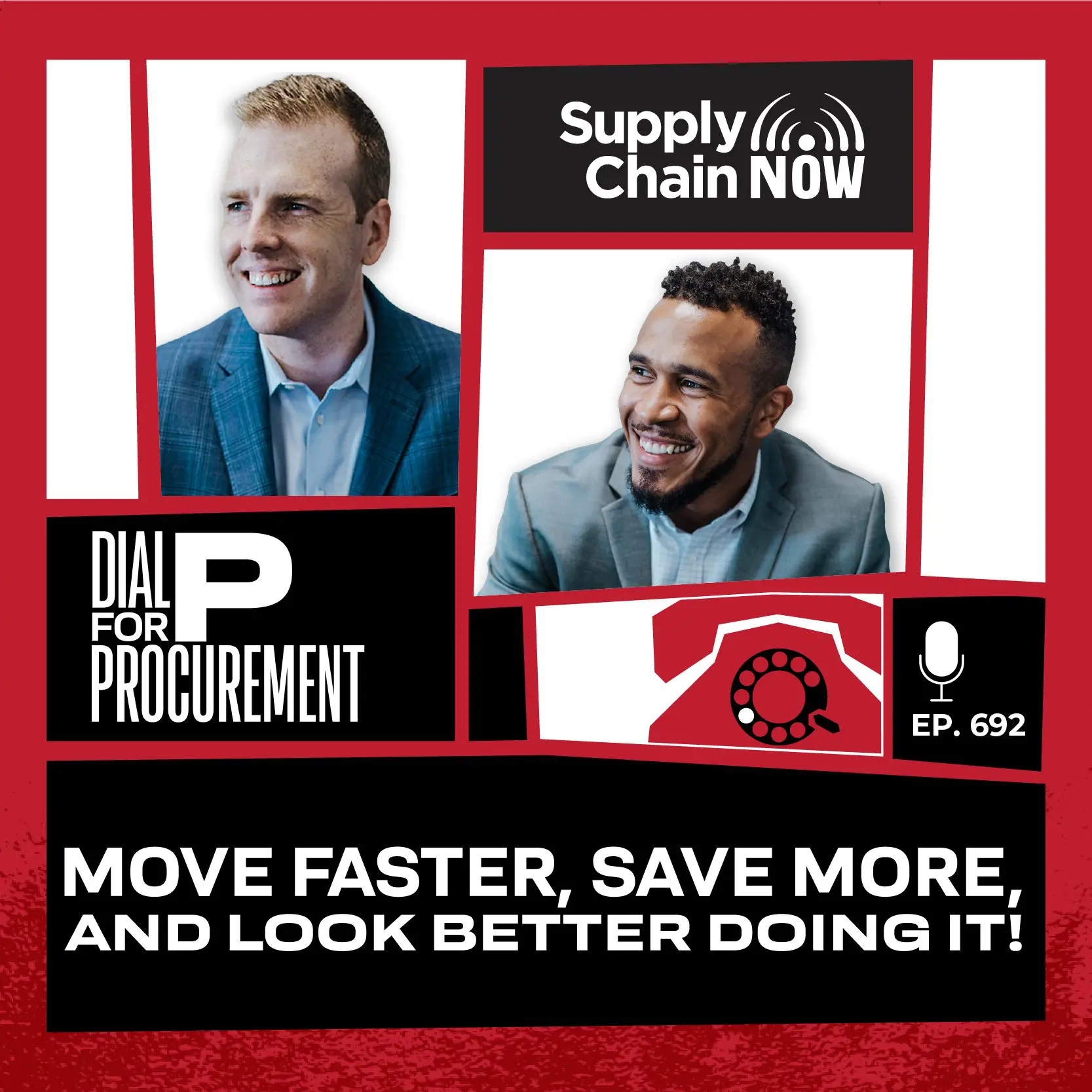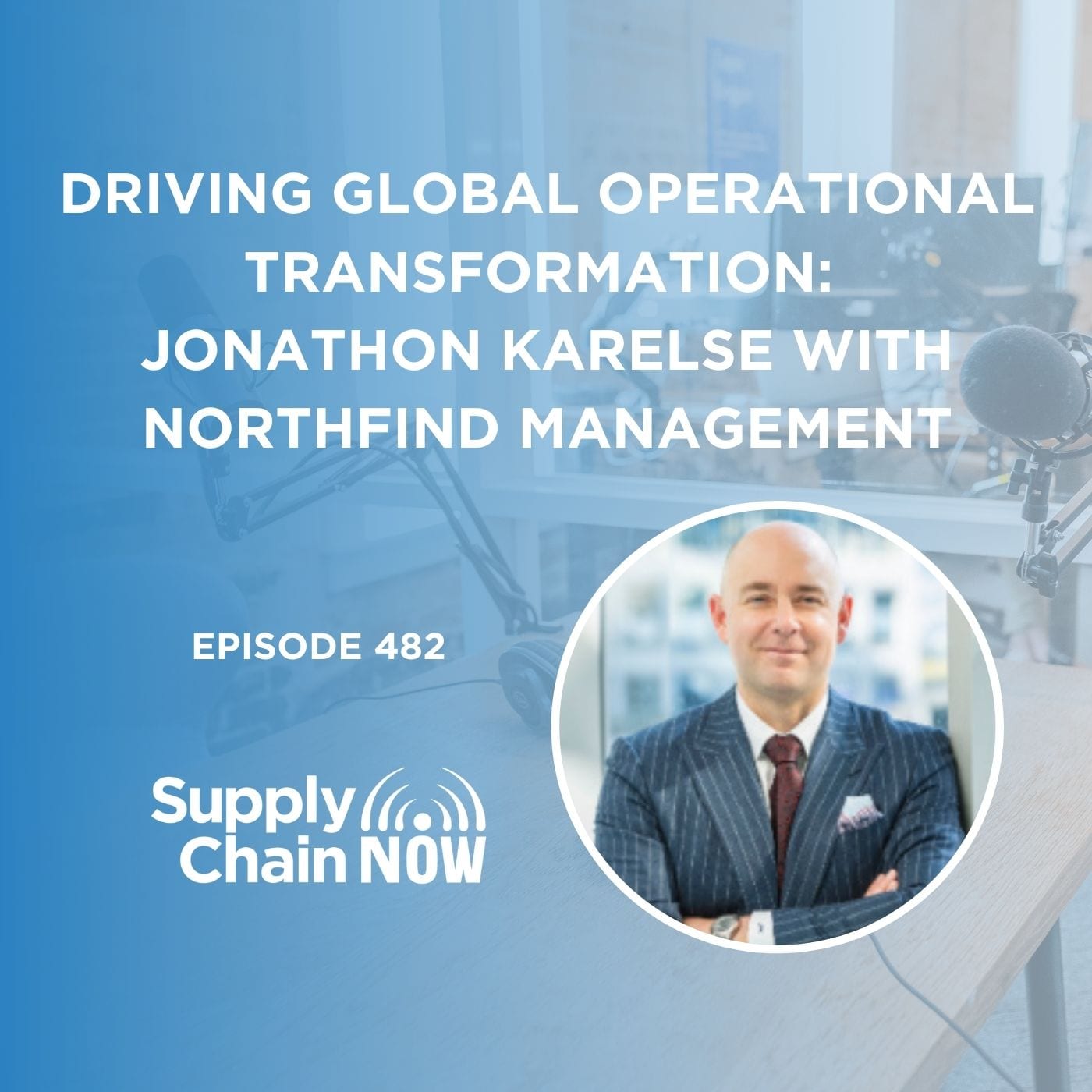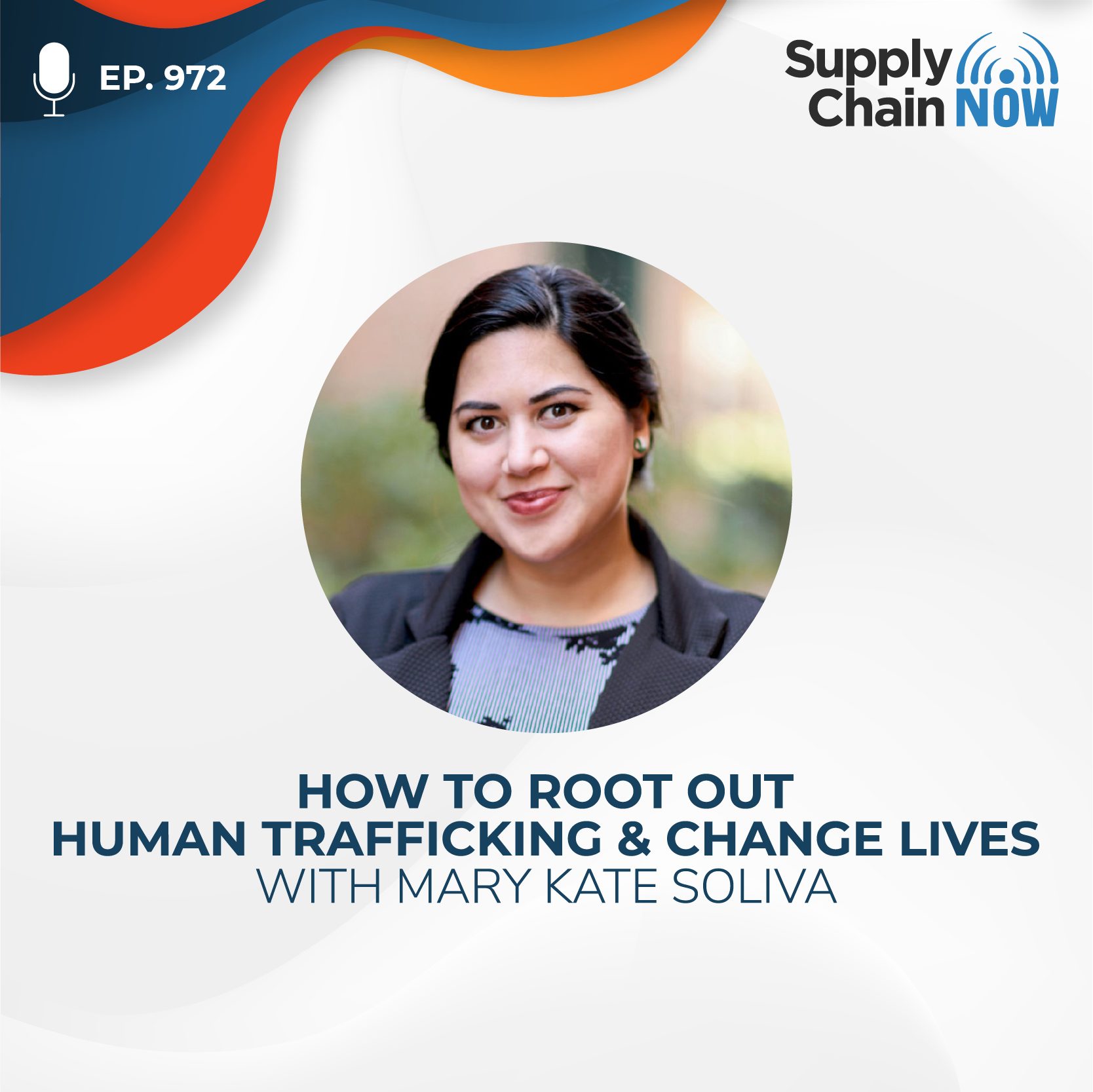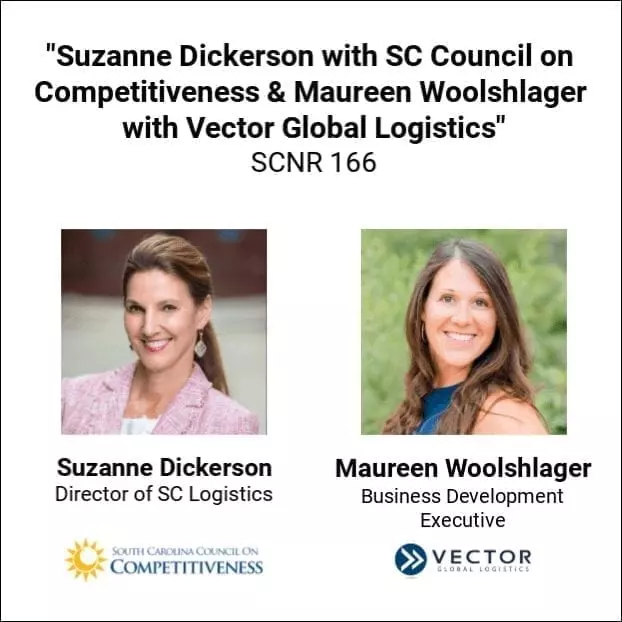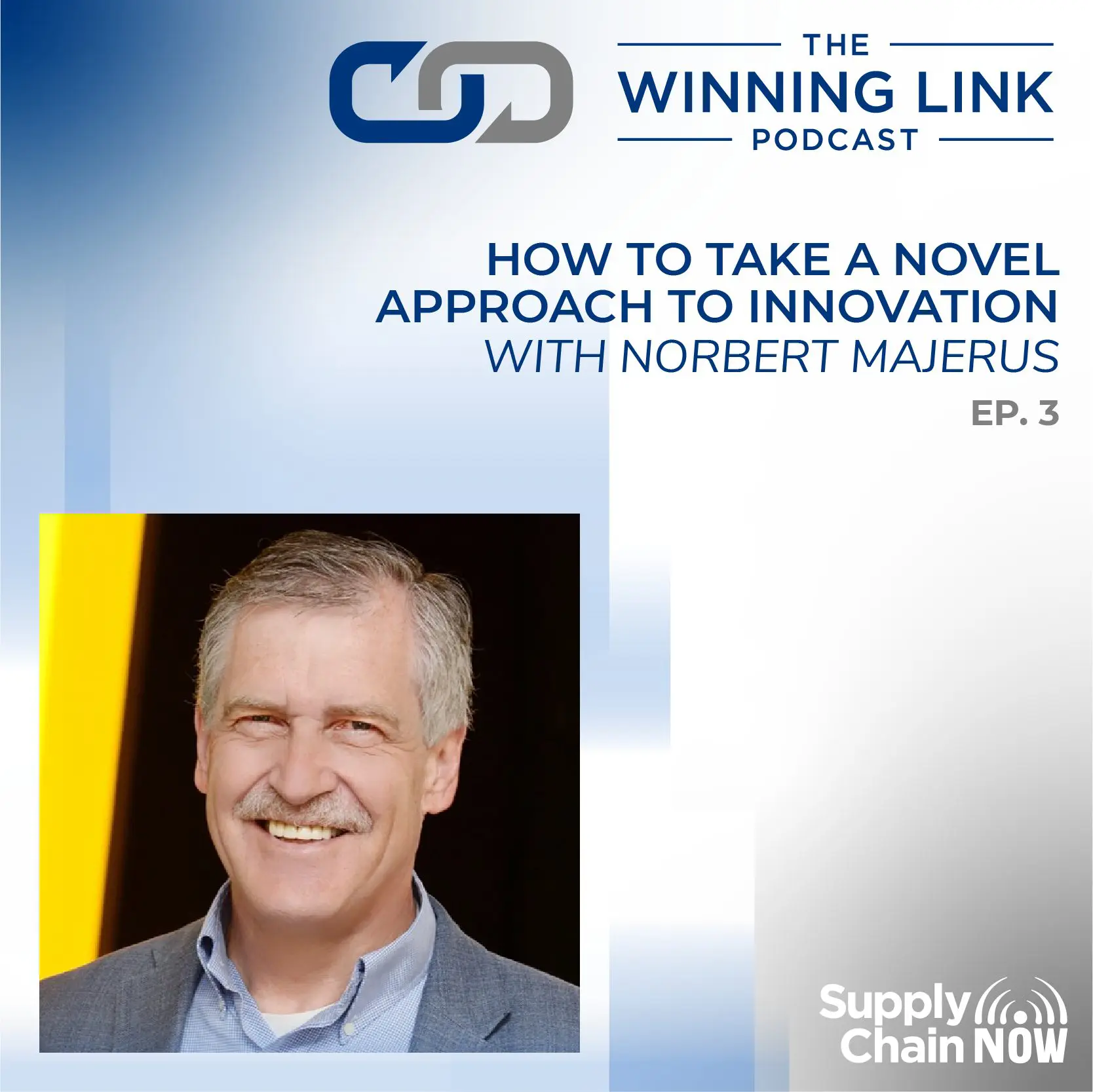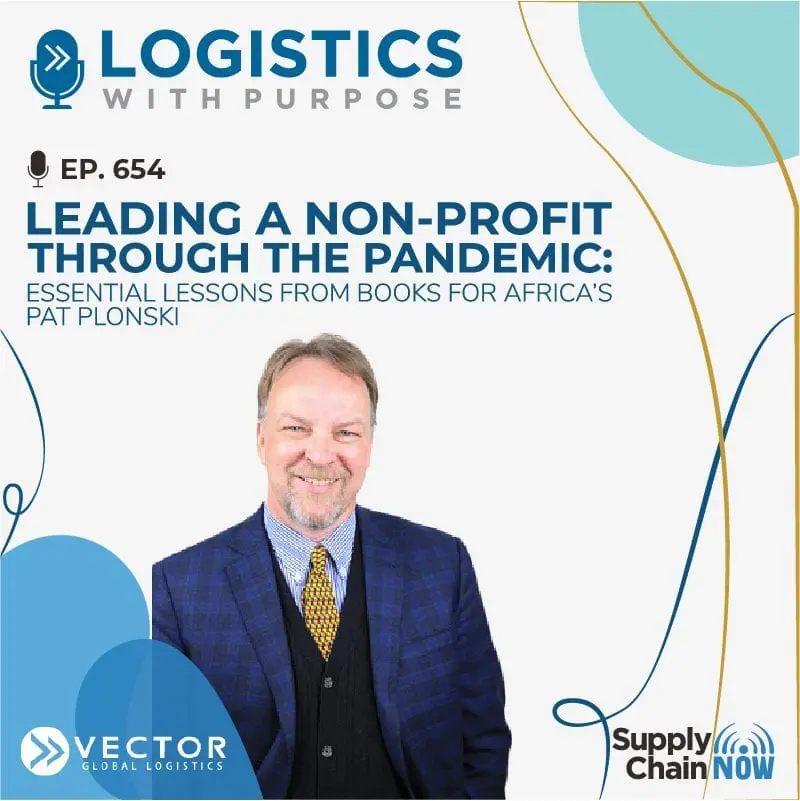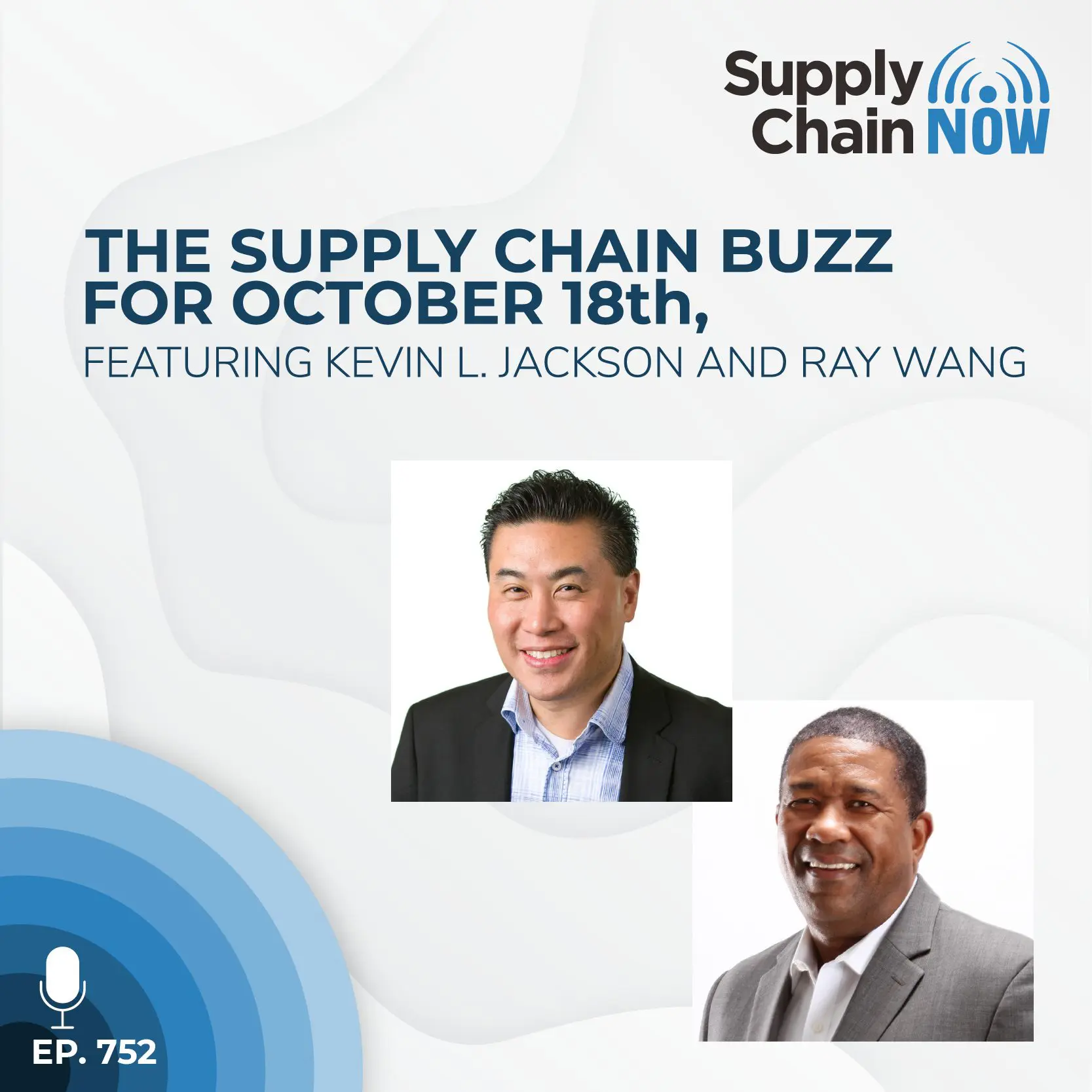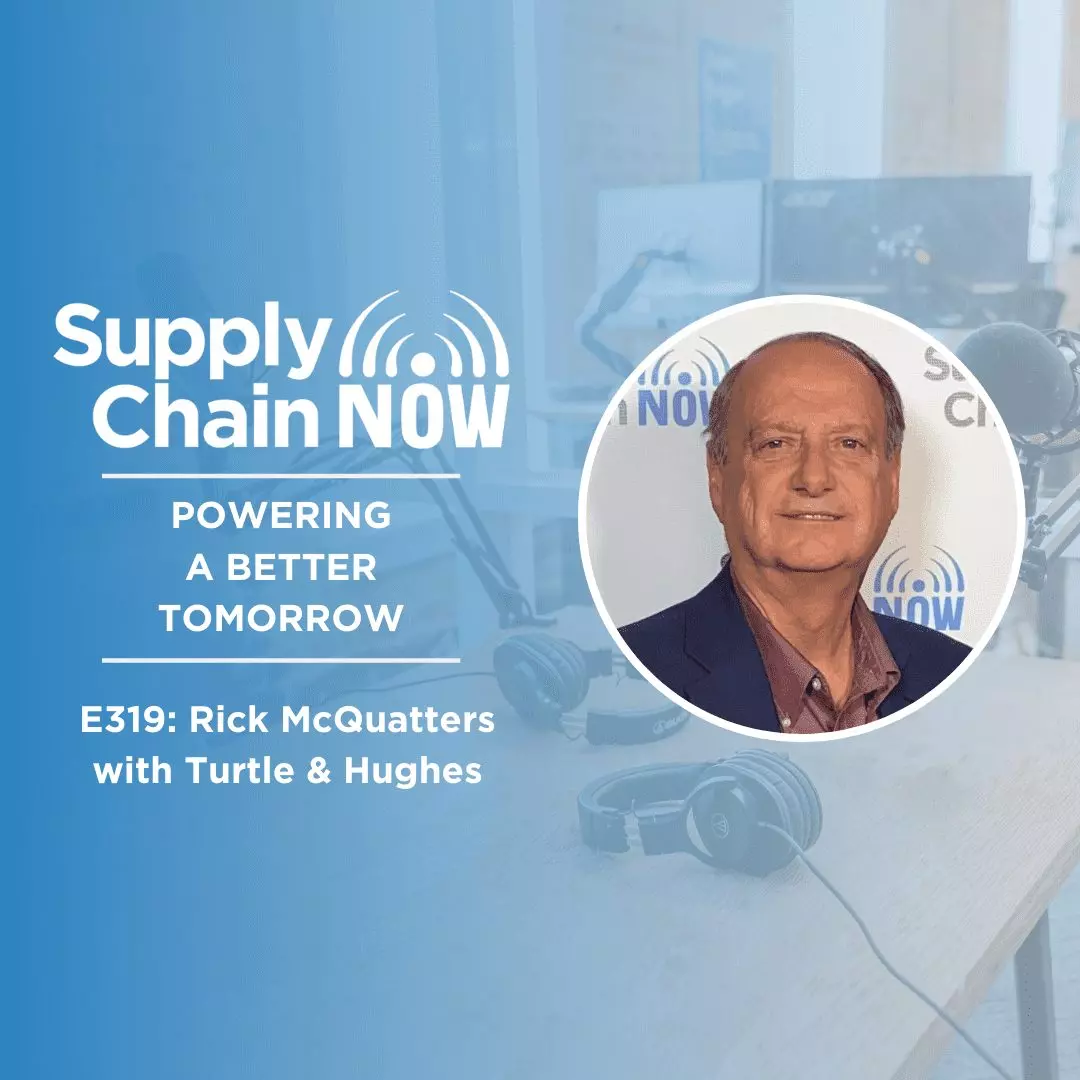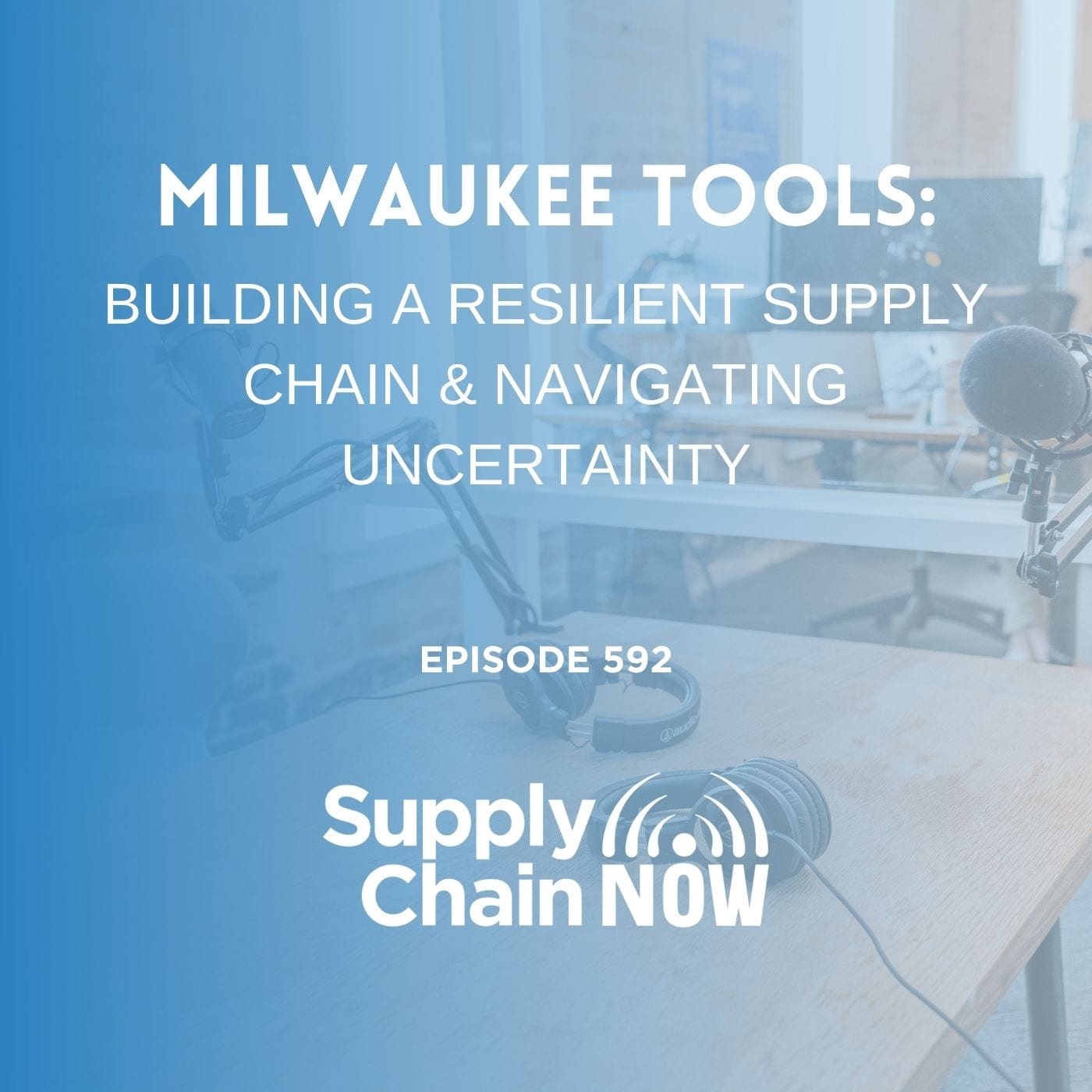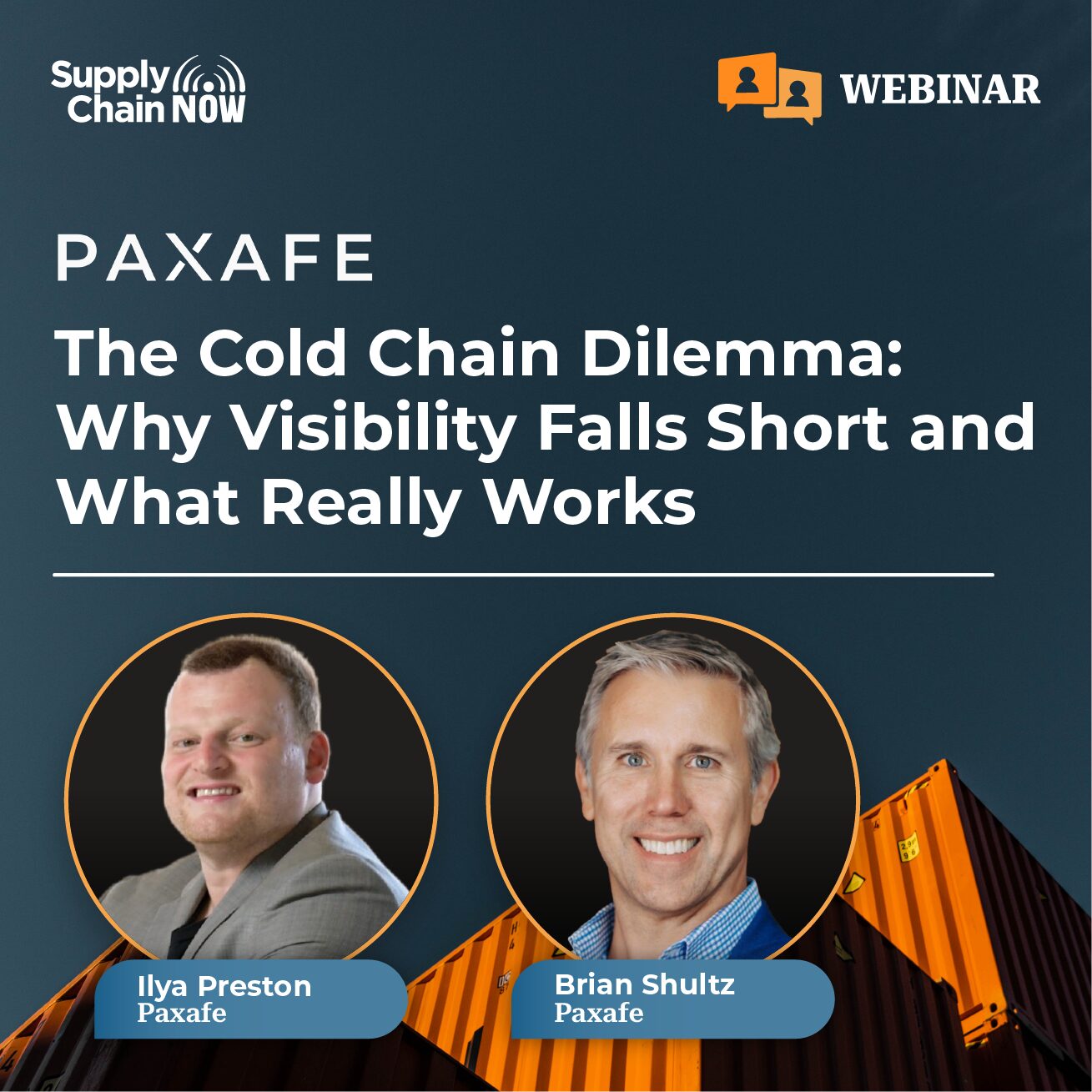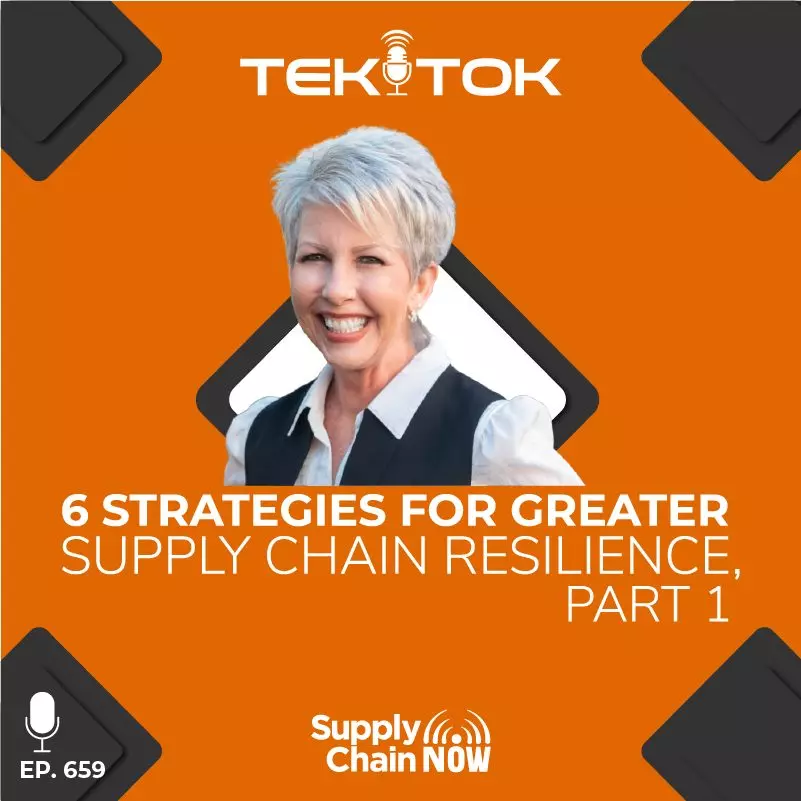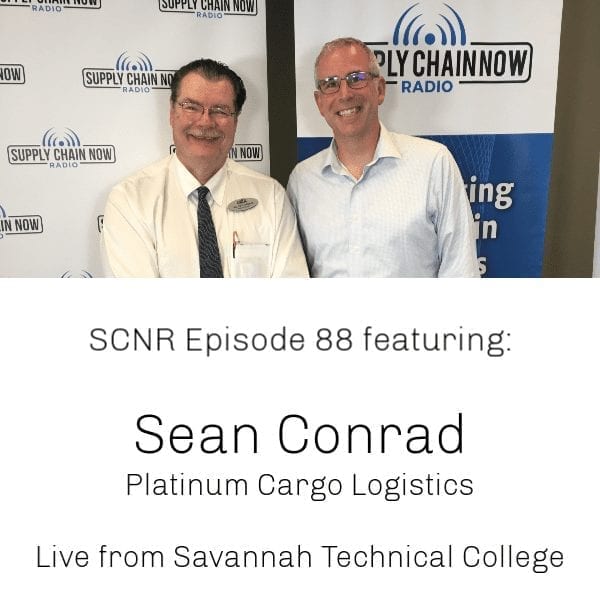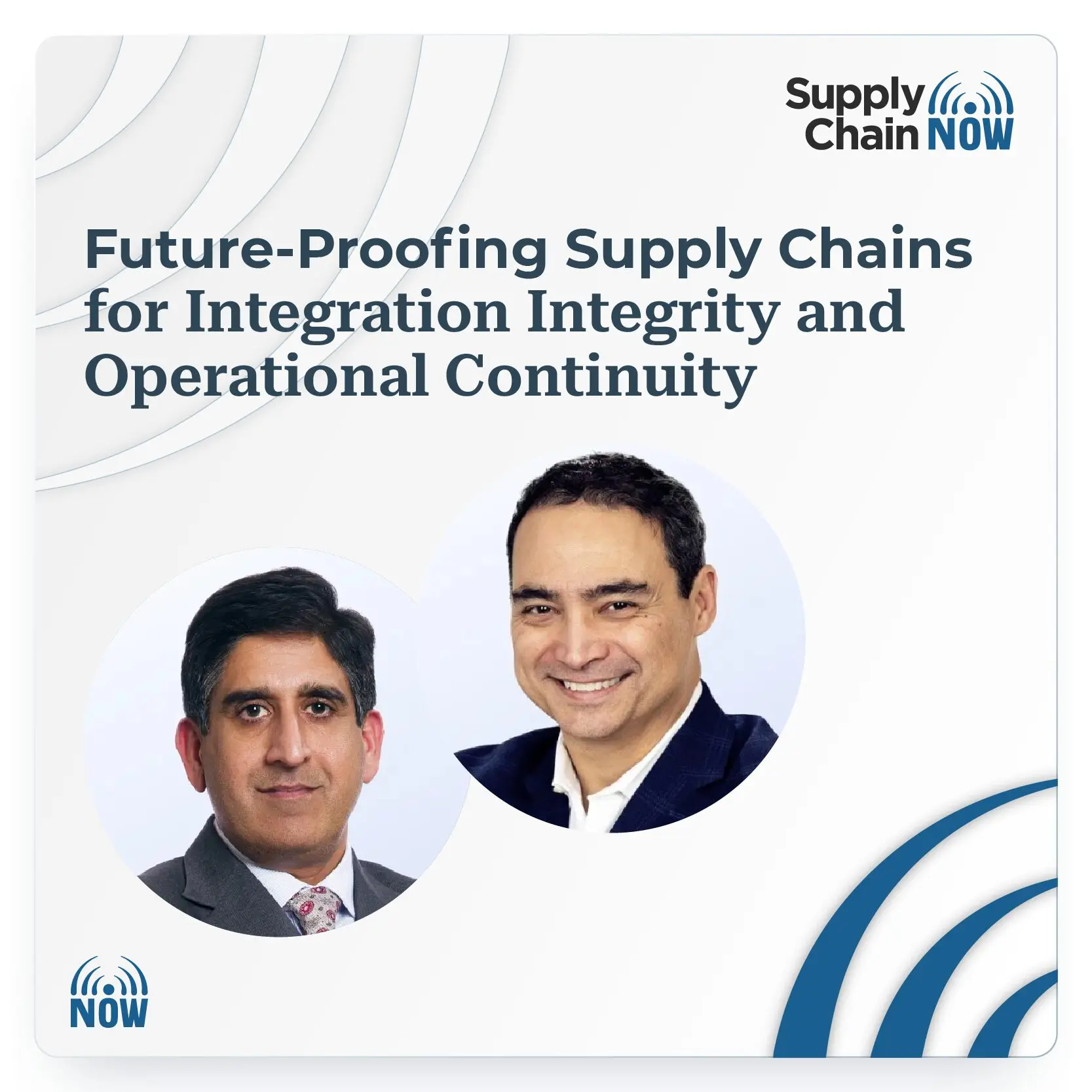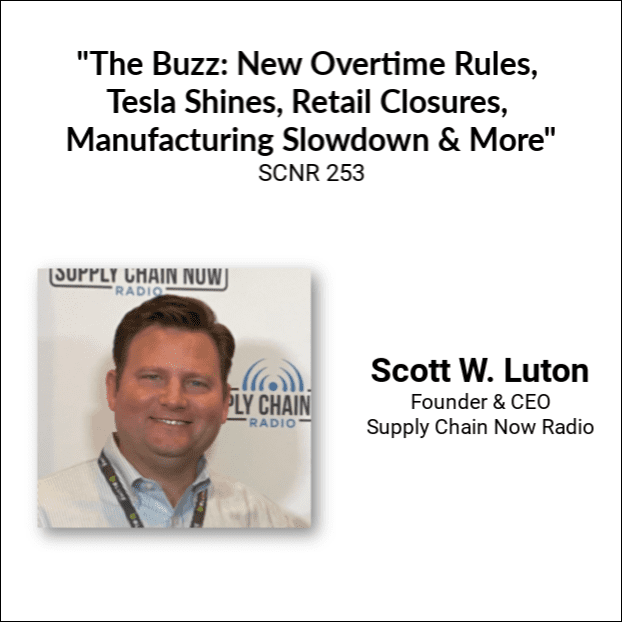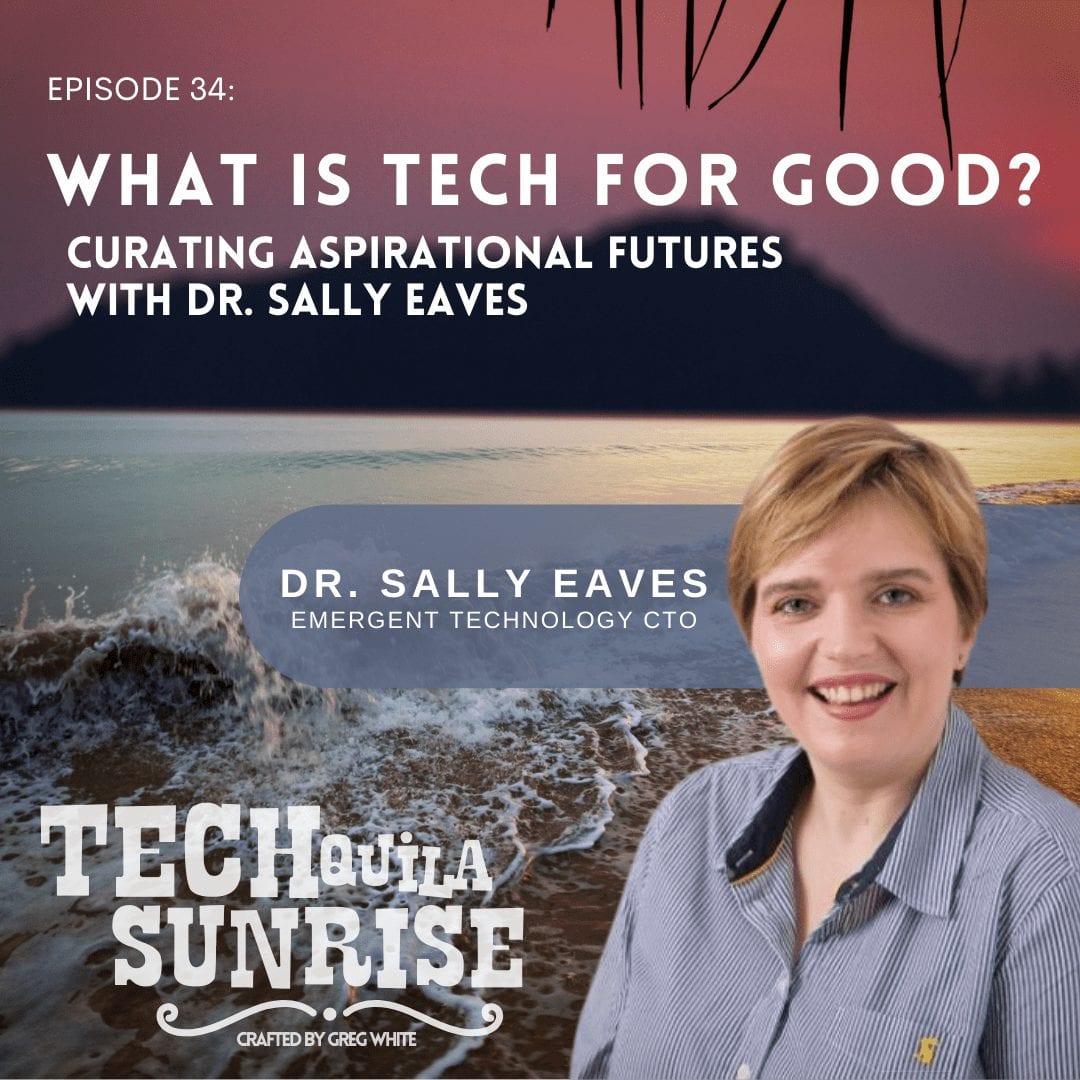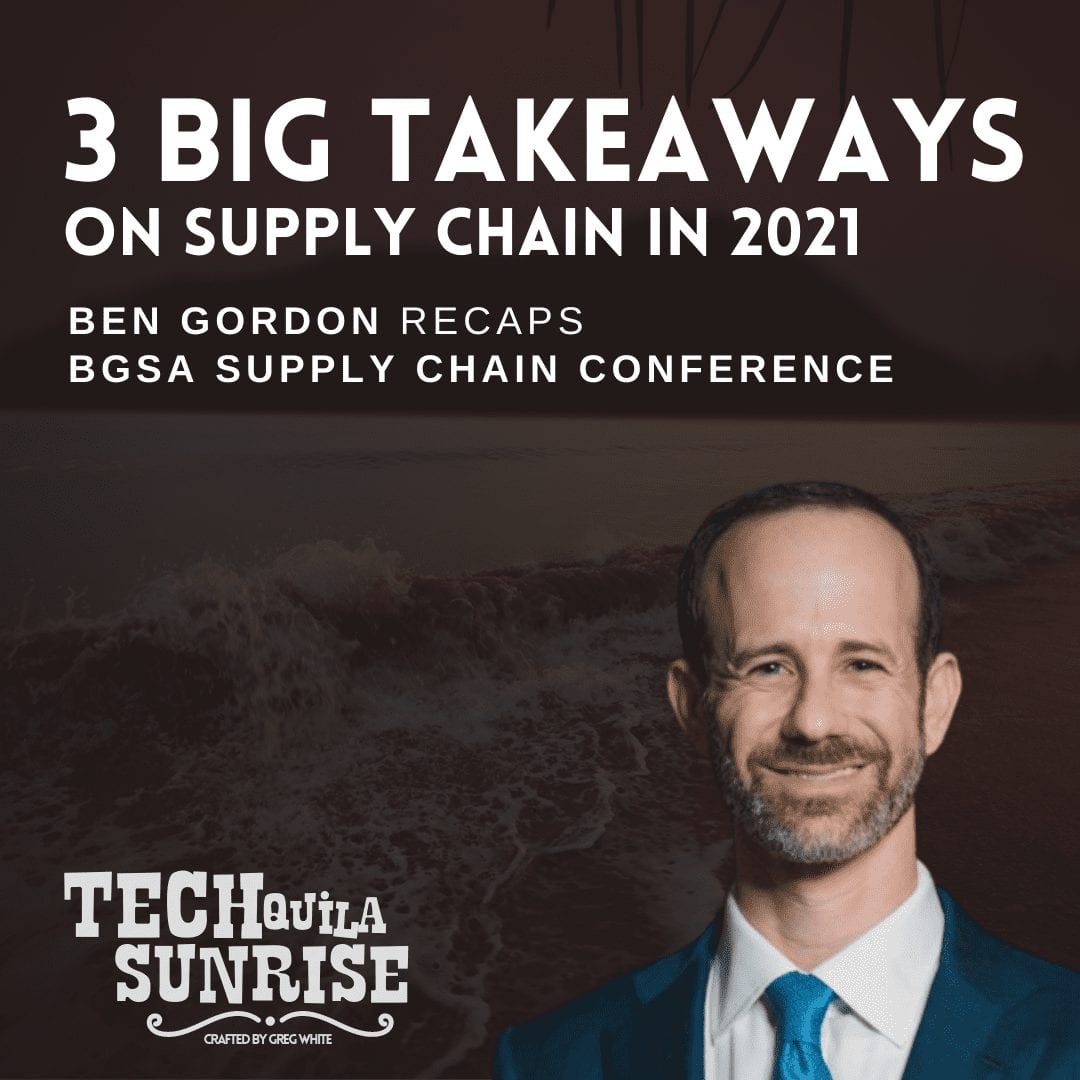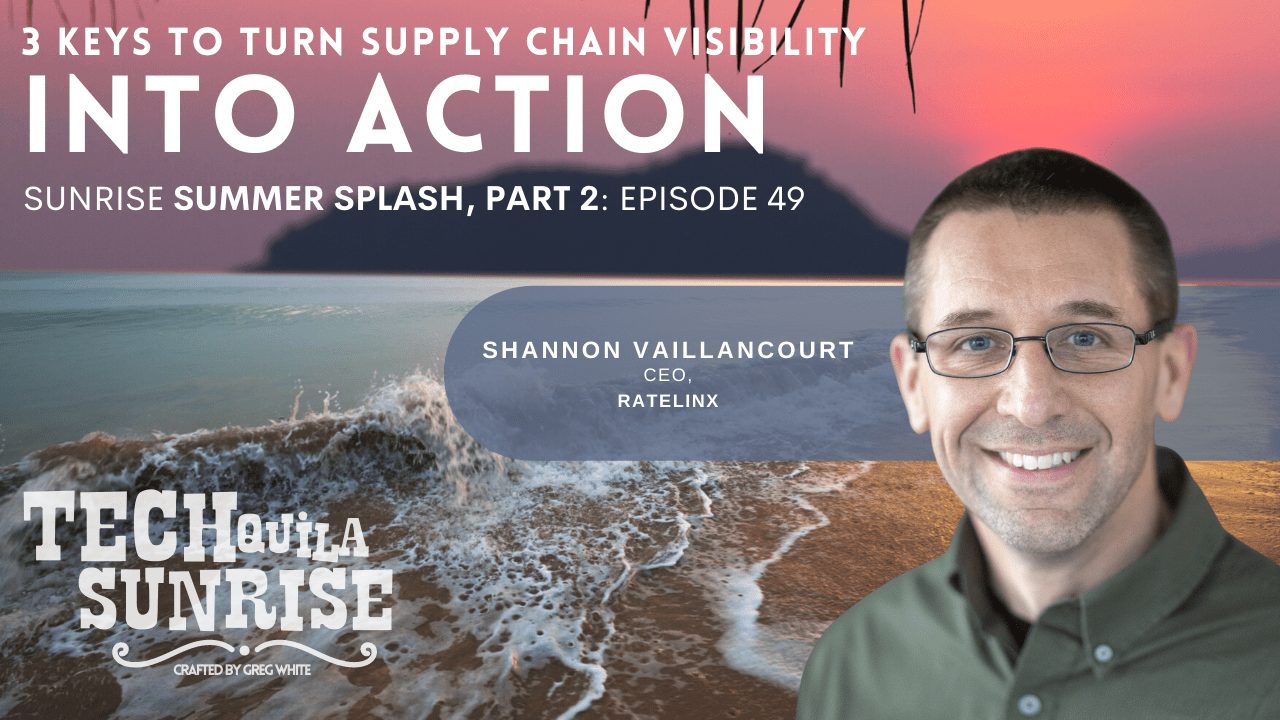
Episode Summary
“There’s no talent gap for execution. You can get anybody to click a button, but is that the right button being clicked at the right time, doing the right thing? That’s why there’s a talent gap, because all of these [TMS] solutions out there are all about executing, not about making the decisions.”
-Greg White, Host, TECHquila Sunrise
When it comes to TMS, there’s no shortage of solutions – and no end to the marketing hype around visibility. But are you deploying technology solutions before diagnosing the problem they’re meant to solve? What does it mean to be truly “data-driven”? In the second part of the interview, we sat down with RateLinx Founder and President Shannon Vaillancourt to talk about what true problem solving can look like in the logistics space – and what three actions you can take to make sure you’re getting real value from your systems and data, not just visibility.
Episode Transcript
Intro/Outro (00:08):
It’s time to wake up to TECHquila Sunrise. I am Greg White, your supply chain tech advisor, with more insights into what you need to know to succeed in supply chain tech startup, growth, investment, and transformation. So, let’s tip a glass to another enlightening TECHquila Sunrise.
Greg White (00:36):
So, it’s interesting that you said you’re migrating today, because I don’t know if this was your original business model, but it’s part of your business model, TMS, Transportation Management System. But, man, that space is so crowded. You know, I work in investments, so I can’t tell you how many times a week – maybe two times a week – somebody has a new transportation management system. And, honestly, Shannon – and this is my ignorance. I’m not a transportation specialist by confession. Okay? – I felt like that space was pretty full five or ten years ago. Why is there such a proliferation of these solutions? And knowing that so many of them are visibility more than prescriptive based, what do you think happens there? I’m asking you, you know, an opinion question, but I’m really interested in that because it’s just one after the other. And I just don’t see the room in the space. And if you’re just starting out as a TMS and you don’t have these other areas of solution, like you all do, I don’t know how you survive. What’s your thought?
Shannon Vaillancourt (01:53):
Yeah. And this is what I’ve learned throughout my whole career, you know, I’ve been in this industry since the early ’90s, I’m pretty —
Greg White (02:01):
[Inaudible] so pretty good, Shannon.
Shannon Vaillancourt (02:05):
I know. Actually, everybody thinks –
Greg White (02:08):
You were seven. You were seven when you started, right?
Shannon Vaillancourt (02:11):
Yeah. I wasn’t pretty young. But even back then, as you get through the mid-90s and late-90s, I thought there was already too many in there. But what I’ve learned and gathered throughout the years is that, each one kind of specializes in a certain area. So, you don’t have many that can do everything. And that’s why I think you see a lot of them and they try to either go to a vertical or they go to a specific type of shipment that they’re going to do. There’s not a lot that do them all. And most of them, I think, are really based on execution. I don’t think they’re really based on visibility.
Shannon Vaillancourt (02:54):
So, if you start whittling that list down, it gets smaller and smaller as you start adding pieces to it. And then, when you get to the – we’ll use the new term – integrated platform piece, there’s very few, maybe only a couple, maybe one. So, that’s what I’ve seen out there. And the reason why I think you’ve seen a proliferation of them is, you know, it’s the old pyramid. The bottom of the pyramid where you have all the small customers, there is a lot of them.
Shannon Vaillancourt (03:28):
So, I think this is back in the late-90s or early-2000s, I had heard a statistic around UPS WorldShip. So, you know, UPS WorldShip, that’s their free system that they give out. I had heard that, 20 years ago there was half-a-million or over half-a-million of those installed in the United States. So, you think about that stat and you’re like, “Oh, my Lord.” Then, it’s like, “There’s a big market there.”
Greg White (03:58):
Big market if it’s free.
Shannon Vaillancourt (03:55):
Yeah. Or if it’s 50 bucks. That’s where, again, you got to kind of weed through all that to understand what are you really looking at, what is this really made for? And, you know, I think, it’s a lot of marketing [inaudible] throwing this off. And everybody reads it, transportation is big – oh, my God – the parcel volume is huge. And, you know, final mile is huge. You know, I’m going to create the best final mile system. And it’s like, “Well, again, what’s your definition of final mile?” Some people define that as same-day delivery, some call it the final leg to the customer. Like, so what is it? That’s why I think you’ve seen a lot of it. It’s just fragmented pieces of the market. None of them are really that big. But they do some great marketing and they have some good VC money behind them because, you know, they’re able to tell someone, “Look at how big this market is.” And then, they just get acquired or acquire somebody.
Greg White (05:06):
You guys aren’t VC funded, right?
Shannon Vaillancourt (05:08):
Right.
Greg White (05:08):
You’re Shannon and team funded.
Shannon Vaillancourt 05:11):
We’re privately held. When I started the company in ’02, I started it with my own – you know, the way that I got money is I went and I sold a deal. That’s how I funded it. The old fashioned, right? It’s the old commercial. I earned it. I did a lot of hard work. I think we’re kind of unique in that way. We have no VC money. We have no debt. You know, and I think part of that is because when I started the company in ’02, I wanted to move from the implementation side to the sales side. So, I had to scale to do it, so I wrote the first version of everything and I went and sold it, because I realized that I knew a lot of people from doing the implementation. I just called up the old customers, and went back in, and did my thing. And, you know, replaced the system I had installed before with my system now.
Greg White (06:18):
Something more robust, or modern, or both, probably. Yeah. It is interesting the parallels of you and I, because I did a similar type of thing. And you don’t see that very often. I think a lot of companies – this is totally off topic, but what the heck. It’s just you and me and the rest of the world – are chasing investment instead of chasing deals, instead of chasing or even –
Shannon Vaillancourt (06:58):
Chasing solutions. So, think about it, if you’re a customer and you’re working with a VC funded company, your goals aren’t going to lie. I don’t think, because if you’re VC funded or if you’re outside investment funded, it’s all about driving revenue. So, I need to get you, the customer, to pay me money for stuff. So, I’m going to keep coming to you with stuff that you have to keep paying money for. And that’s where I think being privately held, we can really align our goals very differently because I don’t have any outside pressure to do some magic number at the end of the day. And I think that’s why our business model is very different than everybody else in the industry, I think. And it’s because we can do it different.
Greg White (07:49):
And I love your compulsion to solve the problem. And another thing I talk about a lot with founders is, a lot of people talk about this is my passion or this is my love or whatever. That is not sufficient. It is not sufficient to be passionate about what you’re doing. You have to be compelled. And you have to be compelled not to do the thing. But as you said, the solutions, you have to be compelled to solve the thing, solve the problem or problems that you see, the problems that come up. After you solve the problems, you initially approach, you have to have that compulsion. And regardless of funding, that is what makes a successful technology enterprise.
Shannon Vaillancourt (08:31):
Yeah. I mean, we’re kind of obsessive, it’s bad. You know, if somebody gives me a problem, I can’t help it. I can’t sit still. I can’t stop thinking about it. We got to get it solved. And that’s why I’ve told even people that work here at RateLinx , I’m like, “Hey, if you you’re telling me something, make sure you’ve solved it. And then, you’re going to give me the answer. Or, if you need my help to solve it, you better tell me that. Because if you just tell me something, I’m immediately going to go into solution mode. I can’t help it. And I have to keep going until I get the answer or I know what it means.” I mean, that’s kind of how we are here and that’s how a lot of us are built. And I think that’s what’s allowed us to deliver the solution and create the solution that we have. And it’s from listening to the customer.
Shannon Vaillancourt (09:28):
You know, we were on the phone the other day with a current customer and they’re like, “How come the way you guys did it is so perfect for us?” And I’m like, “Well, because when we implemented it, we asked you how you do stuff. And we kind of came up with a solution that fit you the best. And we knew it fit you the best because you told us back then that this is the best way for you to do it.” And they were just, like, all perplexed and confused by that. And they’re like, “Oh, my God. Who would do that?” I’m like, “Well, that’s what we do.” And they’re like, “It’s so simple.” Like, “Yeah. It is.”
Greg White (10:10):
It is simple and yet rare. I mean, you do a lot of things that are rare. Your implementation methodology is rare. Your solution focus, as you just talked about, is really rare. Your focus on results for your customers is rare. Not that everybody isn’t hopeful of that, but you seem, to me, in so many cases, so much more driven toward it.
Greg White (10:36):
So, let’s talk a little bit about that. So, with the data solutions and TMS and everything that you all do, give us an idea of how that changes one of your customer’s businesses. I mean, what results do they see from plugging this in?
Shannon Vaillancourt (10:54):
Usually what they say, one, we’re not very disruptive when we implement. So, we typically will fit into their current processes that they have today. We don’t replace that much. I mean, we’ll only replace a system if it needs to be replaced. Meaning, it’s out of date. Just completely lacks of functionality that they have. Always, we’re going to come in and augment. That’s a unique thing for us. And when we come in – I don’t know – some customers have saved – you know, the highest number I’ve ever seen is $800,000 a week is what one customer saved.
Greg White (11:37):
800,000 a week?
Shannon Vaillancourt (11:39):
Yeah. I’ll never run into that again in my career, I don’t think.
Greg White (11:42):
Where did that come from?
Shannon Vaillancourt (11:44):
It came from the data.
Greg White (11:48):
So, what did they fix that gave that kind of result? [Inaudible] spend or did they –
Shannon Vaillancourt (12:00):
I mean, it’s on the freight spend, about 800 grand a week. Pure and simple on freight spend. Because what you find is that what a lot of companies do is they have to have this balance between people and costs, you know, that’s great. And so, they’ll bill tolerances in or not be as perfect, because they just don’t have the people, again, to click the buttons because there’s too many buttons they got to click. So, they’re like, “Well.”
Shannon Vaillancourt (12:29):
Now, you think about inbound, if you’re managing inbound freight, they will have one carrier on a lane. And a lane is a whole state. So, from Ohio to Illinois, it’s this one carrier, even though that one carrier isn’t the most optimal carrier. But, “How else would I do it? I don’t have people. I don’t have the staff, the invoices.”
Greg White (12:52):
Don’t have the data.
Shannon Vaillancourt (12:55):
“All of it is within five bucks.” You know, because if it costs me more than $5 to track this thing down and to figure out if it’s right or wrong. Those dollars add up very quickly when you’re doing high volume. And then, you look at the market that we’re in today, a lot companies are doing even higher volume. So, you know, that’s where we can come in and save companies, millions of dollars without really making much change. And that’s kind of how we first justify our solution. And that’s before we even give them any prescriptive insights or give them any business knowledge around changes to make. It’s just tightening everything up.
Shannon Vaillancourt (13:42):
What we find is a lot of companies have done a lot of great work and have put in a lot of great things. What they have a hard time with is the precision and being able to maximize their return on their own assets. I mean, really, everything they’ve done is their own asset. This is just a pure ROA model that we come in with right out of the gate. And that’s why our time to value is so short. We implement quickly and we give them instant results. And we do that by eliminating exceptions that they had and allowing them to maximize the value of what they’ve already done. And from there, now, you start getting the continuous improvement. I mean, that’s really what the data is. Once you get to be data-driven, you’re going to have greater transparency to what’s going on, which is going to lead to continuous improvement, which is ultimately going to give you a competitive advantage.
Shannon Vaillancourt (14:37):
You know, I was reading some articles out there talking about being data-driven. And it says, most data-driven companies on average can increase their profit margin. Their gross profit increases by twelve-and-a-half percent. So, I would say that’s probably what we see a lot of. And the reason why their profit increases is because we’re able to cut cost out of there. And, you know, you’ve cut a dollar of cost out of a company, that’s a lot from a profit perspective. That’s not a dollar of profit. That’s a big percentage. And that’s what we’re able to do.
Greg White (15:14):
So, twelve-and-a-half percent gross margin, that’s impressive.
Shannon Vaillancourt (15:18):
Yeah. I was like, “Wow. That is a big number.”
Greg White (15:22):
You must sleep very well at night knowing that you’re doing that kind of service for your customers, right?
Shannon Vaillancourt (15:28):
Oh, there’s nothing more gratifying when you think about that.
Greg White (15:32):
Yeah. I mean, it’s funny, ages ago, I worked for a company that didn’t negotiate on pricing for software, which is absolutely unheard of. And our founder, he would say this in discussions with customer or prospect, “We make a lot on our software, but we don’t make nearly as much on our software as you do.” And, I mean, that really justifies what he felt like and he was right, justified the value of the technology.
Shannon Vaillancourt (16:04):
That’s a good point. We’re typically at a 10 to 1 ratio, $10 of savings for every dollar that they pay us. We typically save about $10 for every dollar they pay us.
Greg White (16:15):
More companies should have that goal.
Shannon Vaillancourt (16:17):
Yeah. Five to one is, like, the minimum that we usually see. And we usually get that built up to a 10 to 1. Some companies have gotten to 20 to 1 or 30 to 1. And, again, the model that we have is truly based on what we’re doing. There’s no gain shares, no nonsense like that. We feel that if working with the customer, we can come up with a great idea, why not come up with a great idea that saves them even more money? And that’s part of that collaboration. It fits a gain share. I don’t know if everybody’s going to collaborate quite the same because then you get into that argument of, “Hey, that was kind of my idea.”
Greg White (17:01):
Did we do it or did you do it?
Shannon Vaillancourt (17:03):
Yeah. And it’s, like, that’s why we never got into that model. That doesn’t work for us.
Greg White (17:08):
It’s a great closing technique, but almost no customer is silly enough to sign up for it, at least for a very long time.
Shannon Vaillancourt (17:15):
That’s what you need. Exactly. They turn a lot. Do a lot of customer churn in that model.
Greg White (17:22):
All right. As we start to wrap up here, I want to shift gears a little bit. So, you’ve been doing this awhile. You confessed to the early-’90s, I’ll do the same. What, when you think back on it, do you know now that you wish you had known sooner?
Shannon Vaillancourt (17:44):
Well, I think I knew a lot back then. But what was missing was understanding. I didn’t understand. You know, think back to when you were in your 20s, you always hear the term, “Youth is wasted on the young.” You knew that, but did you understand what that meant. Now, I do. So, I wouldn say, you know, the only thing I wish I knew or understood back then was probably myself. Think of all the time you waste fighting yourself. That’s the one thing I wish if I could go back, that I understood myself better.
Greg White (18:27):
What would you tell you if you went back?
Shannon Vaillancourt (18:30):
Yeah. It’s like, you know, “Hey, be okay with this stuff.” It’s like, you know, as a young person, you don’t quite put it all together. Because I still think that, you know, all the things I’ve been through over the years, part of the fun is the journey. I mean, think of some of those high moments you had because you accomplished something that you didn’t think you could do before or you’ve never done before. Why would you want to take that away? Because that’s essentially what you’re doing by going back in time and saying, “Hey, by the way, don’t do these things because you’re going to run into challenges.” But it’s like, that’s part of the learning is getting over that hump and getting that confidence that you can do it again and again. And that’s why I wish I understood what drives me, so, that way, I could have just focused on that sooner and been okay with it.
Shannon Vaillancourt (19:31):
I mean, I was having a discussion with my other son, who’s here. He’s got an internship. He’s going to go into his senior year at ASU. And I asked him the other day, I’m like, “So, when you get a job, what are you looking for in a job? Are you looking for nice, safe, secure job? Are you looking for a title, be like your title? Is it pay?” He doesn’t know. Imagine if he knew that? He would that eventually, but it takes time.
Greg White (20:05):
Yeah. Yeah. It’s actual intelligence. It’s the other AI.
Shannon Vaillancourt (20:12):
I don’t want visibility.
Greg White (20:14):
Right. Right.
Shannon Vaillancourt (20:14):
I had visibility to a lot of stuff. I didn’t understand it when I was young. That’s the beauty of youth sometimes.
Greg White (20:21):
Yeah. That’s a good point. All right. So, I always ask this, I think Corey warned you that this was coming. So, from what we’ve discussed today, what are two or three things you think folks absolutely have to take away from this discussion?
Shannon Vaillancourt (20:42):
I would say, you know, we’ve talked about visibility. We talked about data. We talked about knowledge and all that stuff. Really, it boils down to three things. I think if you want to be data-driven, which is ultimately what we’re talking about, if you’re data-driven, you get greater transparency, competitive advantage, all that great stuff. In order to do it, you have to do three things. You have to collect data that I think a lot of companies are doing. And then, here’s the two things that is probably the knowledge, is, you have to collect the right data and then you have to use it to make decisions. Don’t use it to justify decisions. If you’re using it to justify, you’re not collecting the right data. That’s your indicator. So, I would say that’s the takeaway is, collect the right data and then use it for decision-making. You do that – man – you’re going to get a competitive advantage. Twelve-and-a-half percent gross profit increase on average for companies who do that.
Greg White (21:45):
I would sign up for that any day. I mean, as you said, that’s a dramatic impact to the bottom line. That is a change to your business breakthrough, frankly.
Shannon Vaillancourt (21:58);
And it’s easy to do.
Greg White (22:00):
Yeah. Yeah. Well, that’s fantastic. It is interesting in this data-driven world, as someone once said, “Don’t be happy to sit back and admire the problem” And that’s what so many people do with data these days. You’ve got to convert it into action. Data into action is absolutely critical. What use is the report if it doesn’t allow you to improve your business? And I think when companies do that, if they focus on those things that allow them to improve their business, they’ll not only find that it’s more impactful, but it’s less data to call through because there’s only a certain amount of data that can allow you to really change your business, really make decisions that change the direction that are actionable insights.
Shannon Vaillancourt (22:57):
And practical that can actually be done.
Greg White (23:00):
Yeah. Yeah. That’s right. That’s good. And you’re right, you know, if there’s anything I want people to take away from this, it’s that power, twelve-and-a-half percent increase in gross margin or whatever it is. It’s in that data. And that data provides assurance, and repetition, and knowledge that allows you to continue to improve or better yet sustain. So, many companies can say what went wrong in retrospect. What they can’t say is why did good happen. What went right, and why did that happen, and how do we repeat that? And being data-driven is the key to being able to do that.
Greg White (23:42):
Well, thank you, Shannon. It’s always great to spend time with you. And I appreciate you doing this again. I may or may not let people in on what that means.
Shannon Vaillancourt (23:54):
My pleasure.
Greg White (23:55):
Yeah, of course. A big thanks to Shannon, CEO of RateLinx, for sharing this time with us. Hey, how can folks connect with you?
Shannon Vaillancourt (24:04):
Well, you can always go to the website, www.ratelinx.com. Connect with me on LinkedIn anytime. Those are probably the two best ways to get a hold of me.
Greg White (24:16):
RateLinx with an X, and we’ll have the URL on the show notes as well. So, thank you again. And thanks to everybody for joining me and Shannon. It’s fun for us. I hope it’s fun for you. And, remember, acknowledge reality, but never be bound by it.
Intro/Outro (24:42):
How can I help you improve your shot at supply chain tech success? Four ways. One, subscribe to TECHquila Sunrise wherever you get your podcast to make sure you’re notified of my new episode every week. Two, follow me on LinkedIn and see my supply chain summaries every weekday. Three, if you’re a startup founder or growth stage leader and you need an active advisor to propel you through your supply chain tech journey, I’m currently considering select strategic advisory roles. Or four, if you need an incubator or investment for your supply chain tech, reach out to me on LinkedIn and let’s talk.
Featured Guests
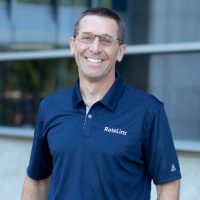
Shannon Vaillancourt is the President and Founder of RateLinx. He started the company in 2002 with the idea that there was a better way to give companies complete visibility to their supply chain. Since then, RateLinx has become a leading supply chain software and data services company that gives retailers, manufacturers, and distributors the ability to ship, track, and pay for their freight. Before founding RateLinx, Shannon held several leadership and technical roles in software engineering, solutions, and services. He graduated with a bachelor’s degree in Electrical Engineering from the University of Wisconsin-Platteville. Connect with Shannon on LinkedIn.

